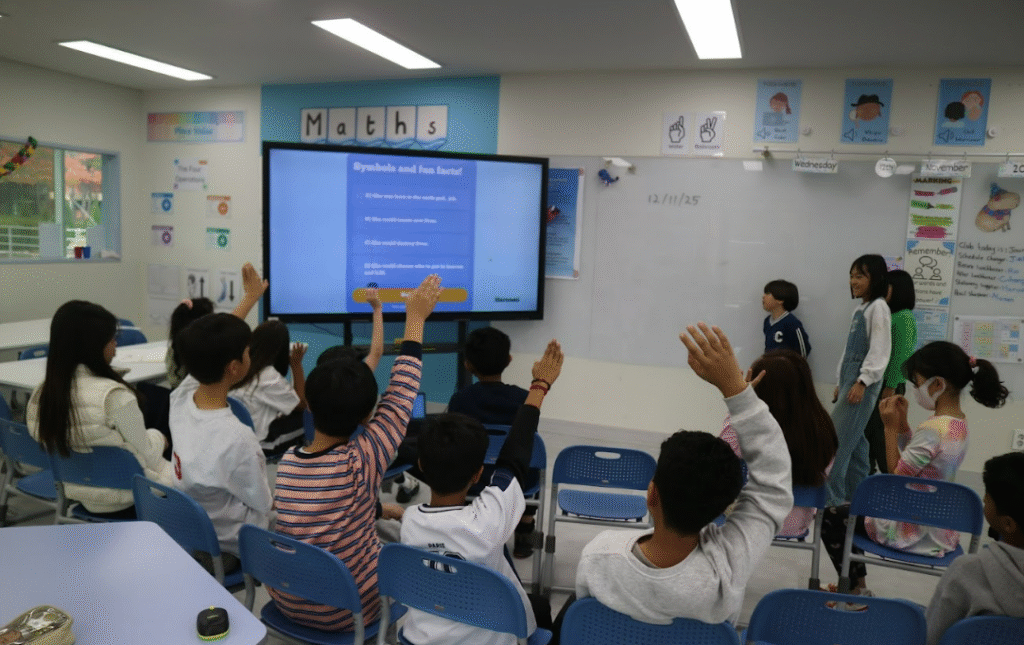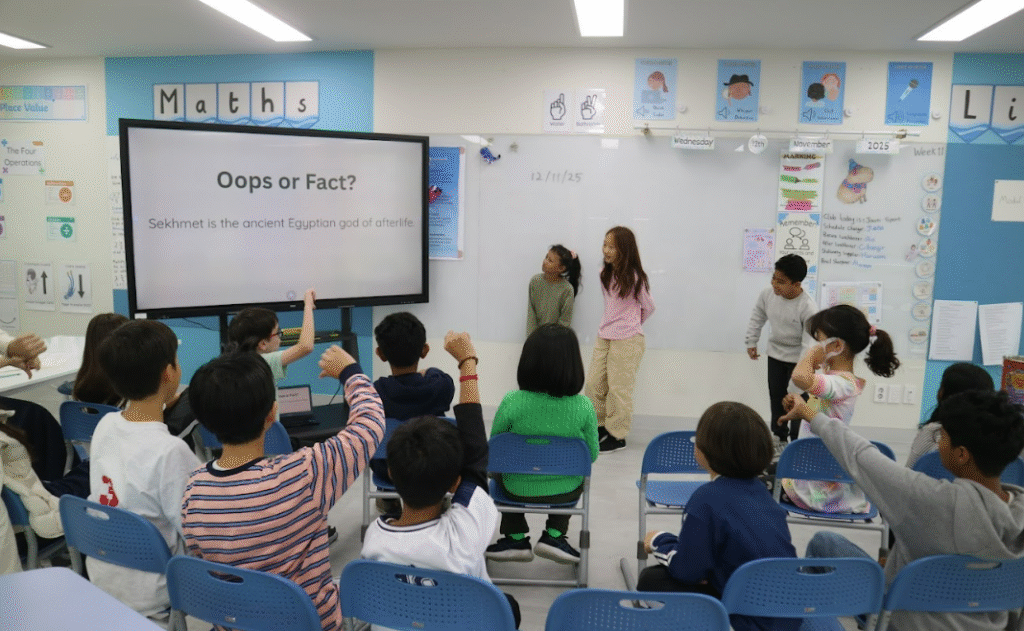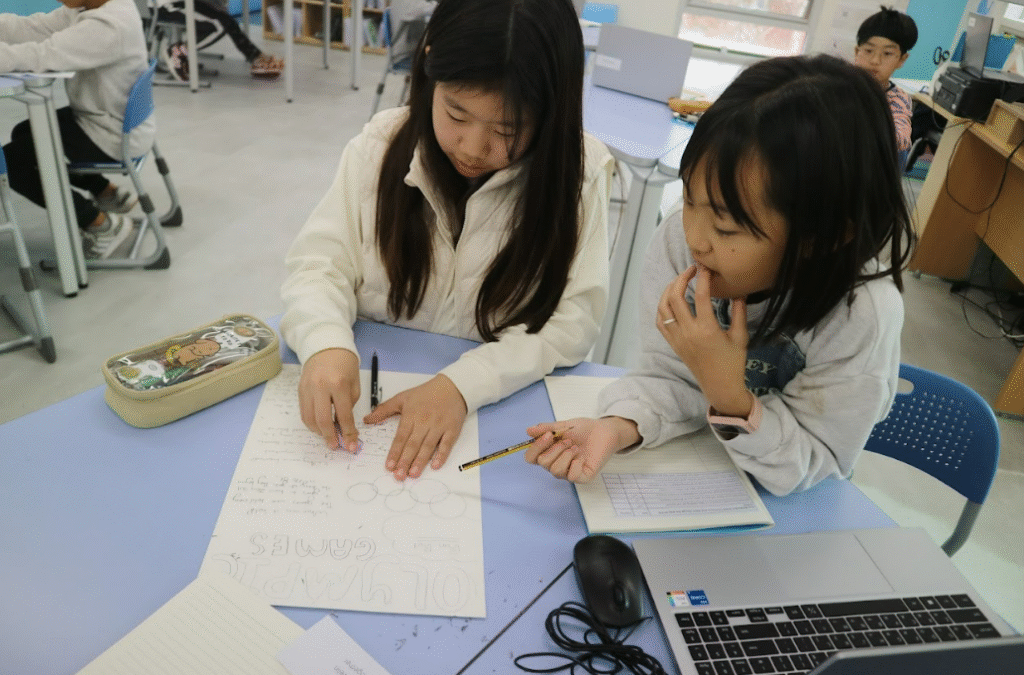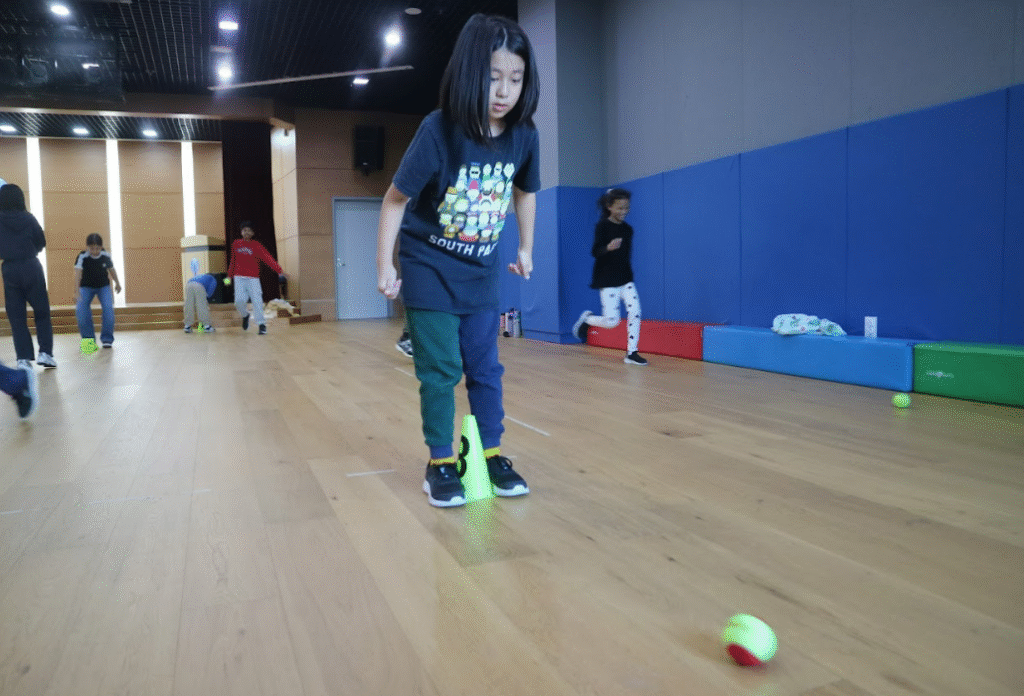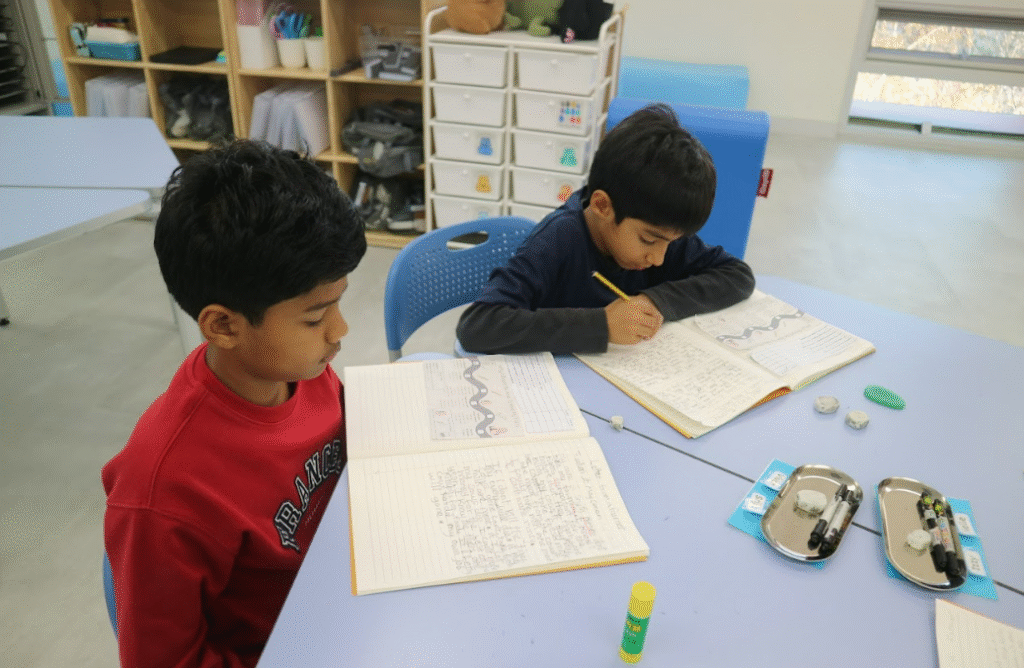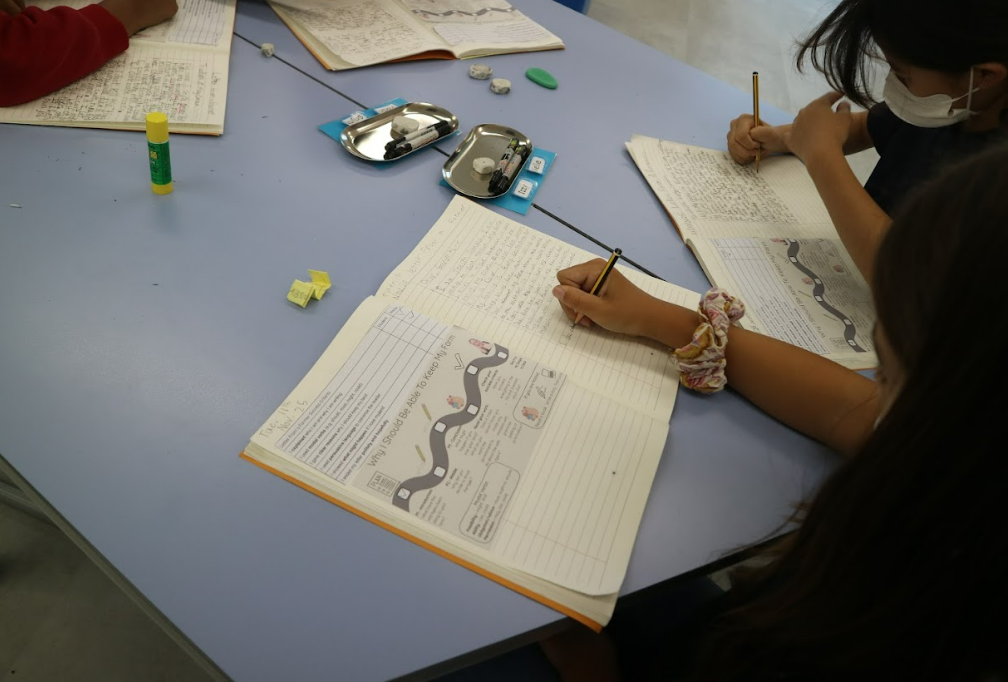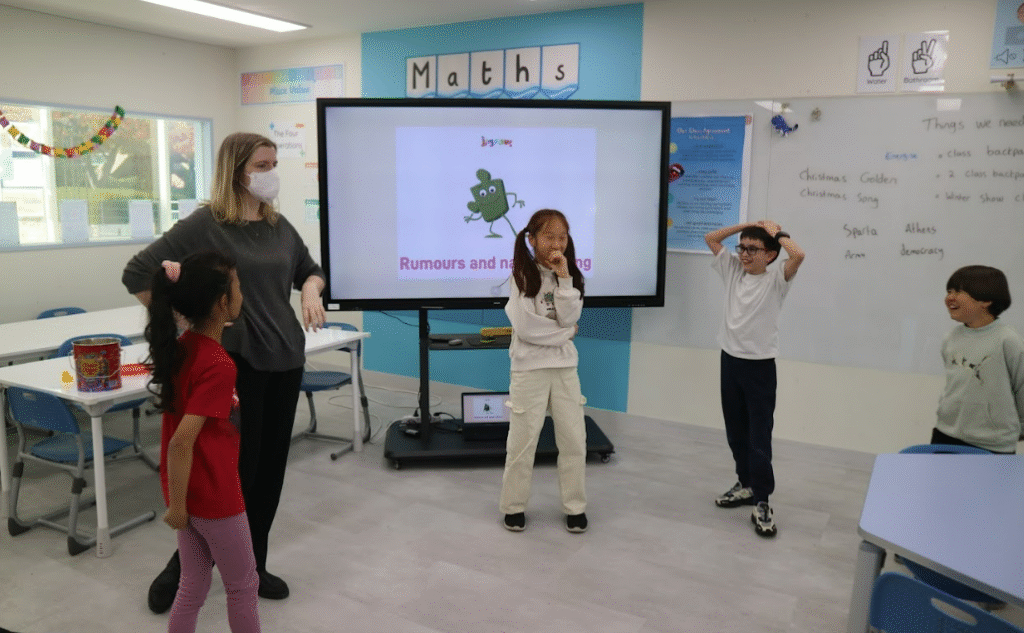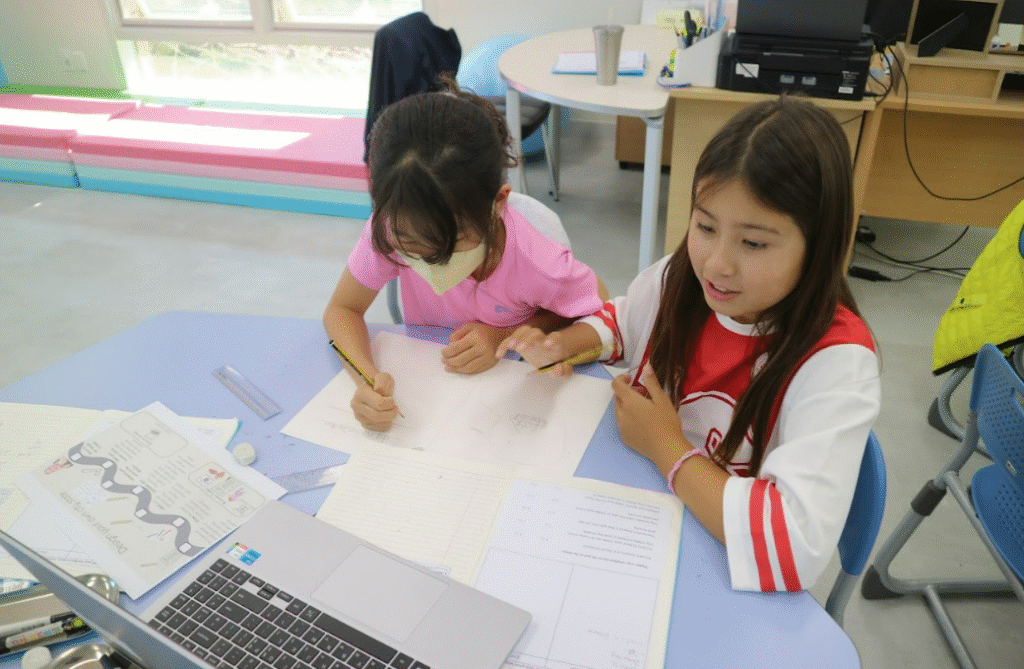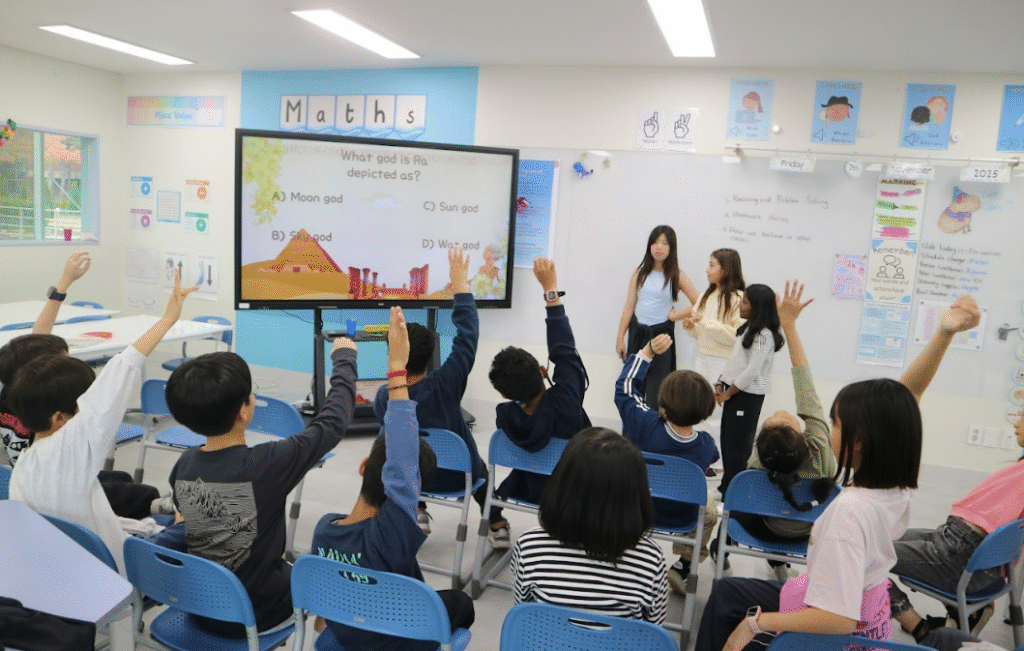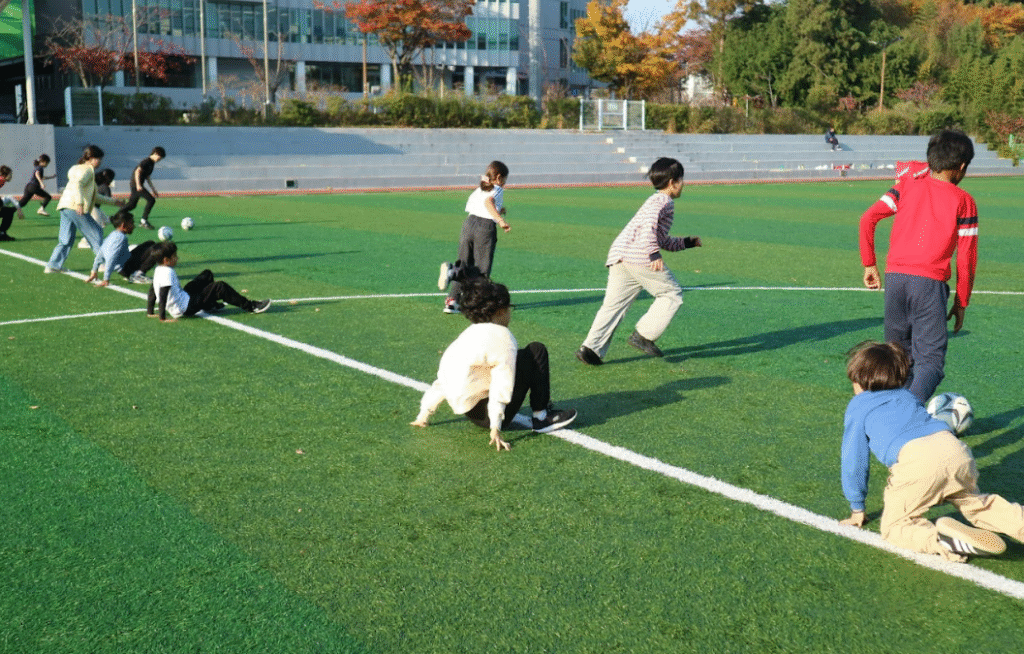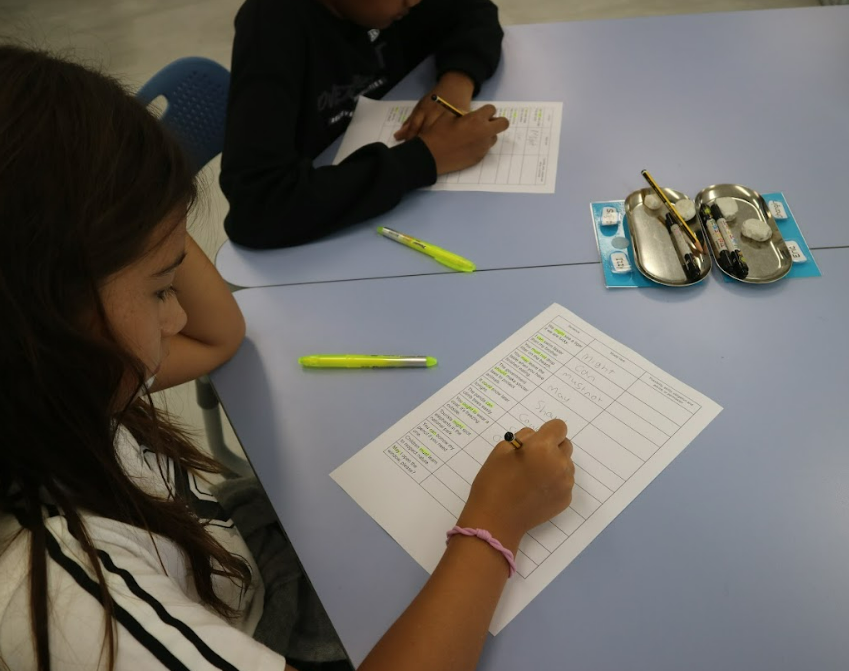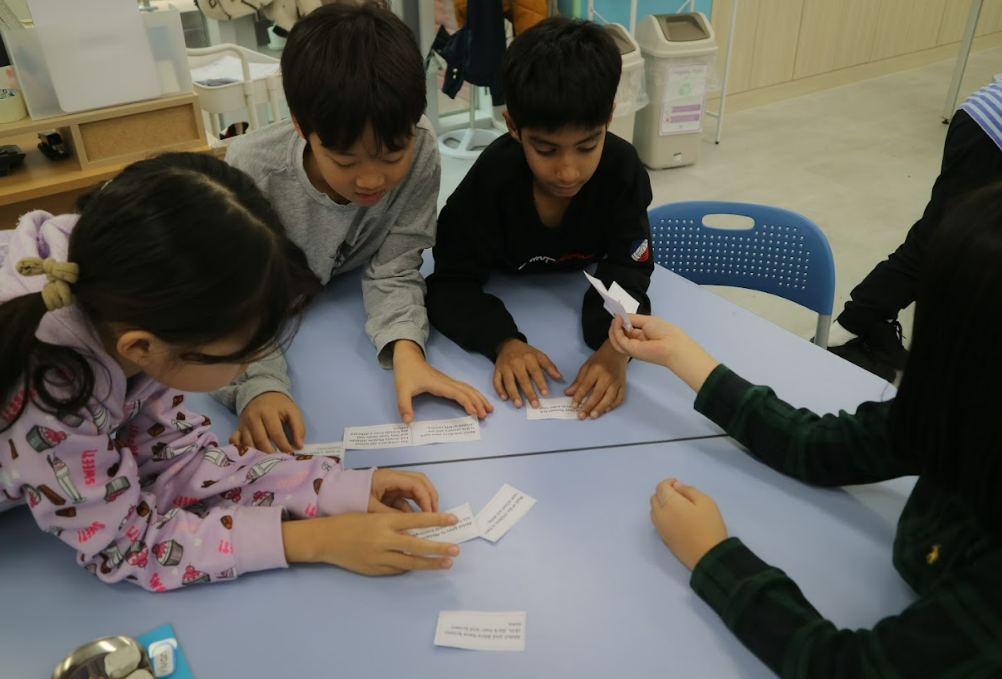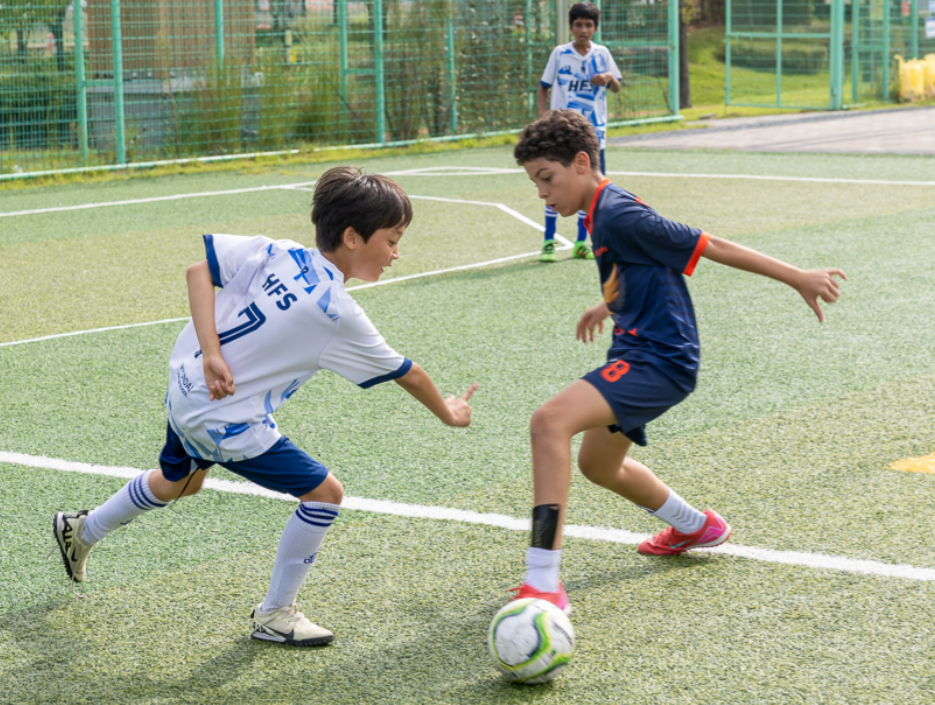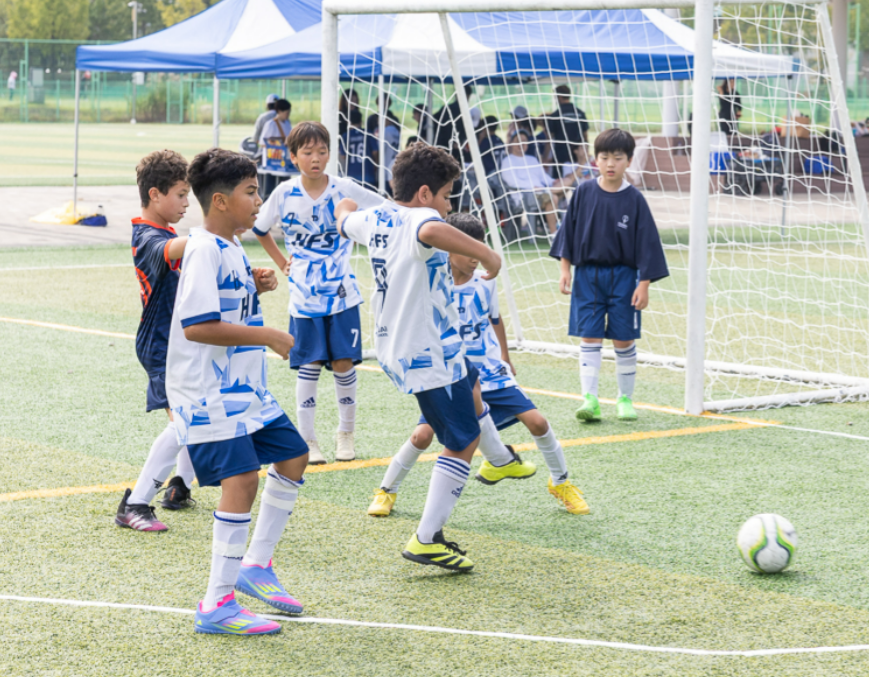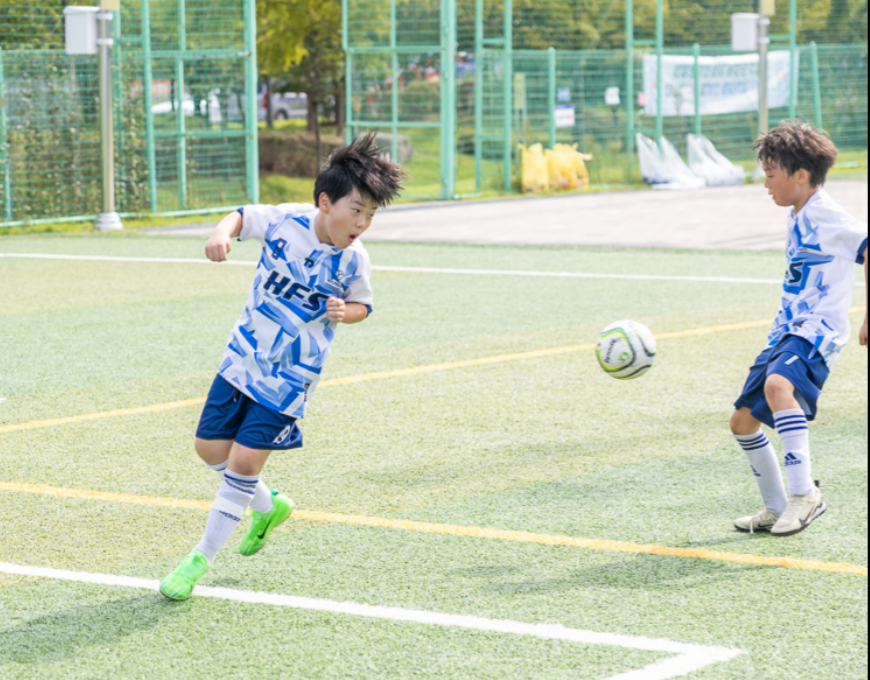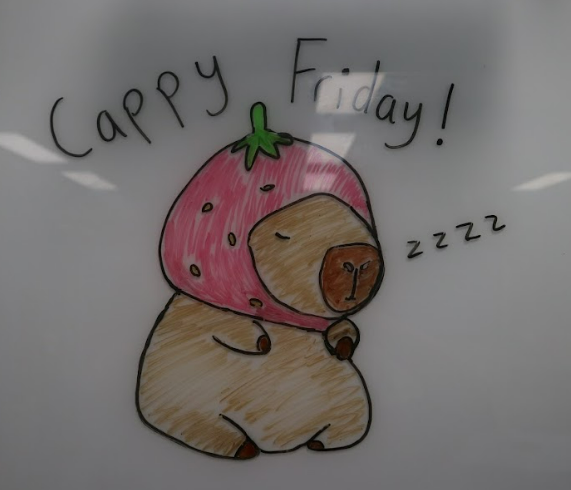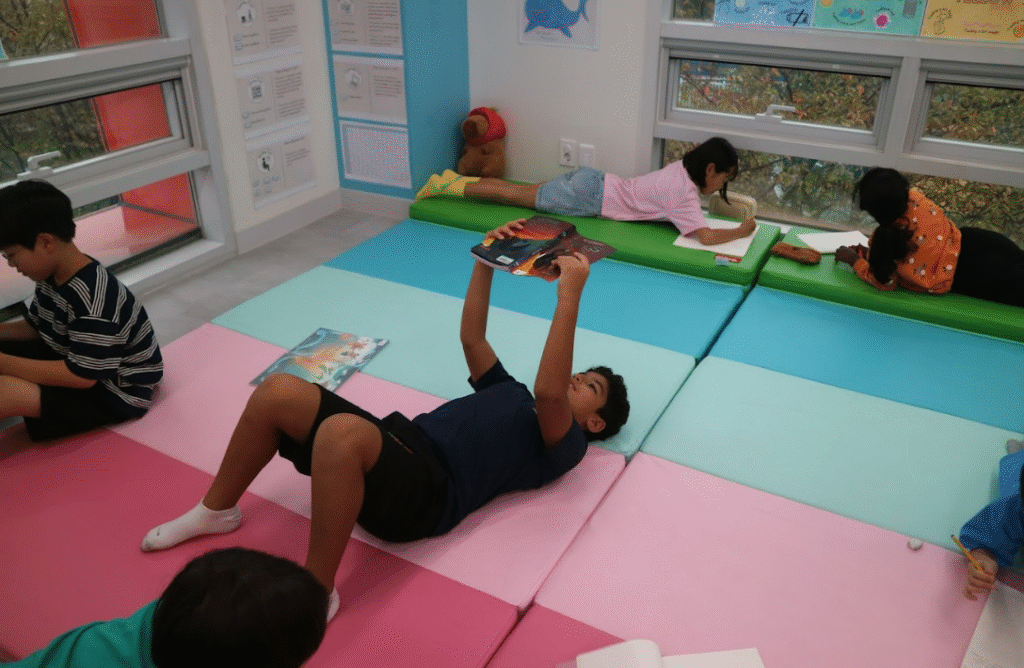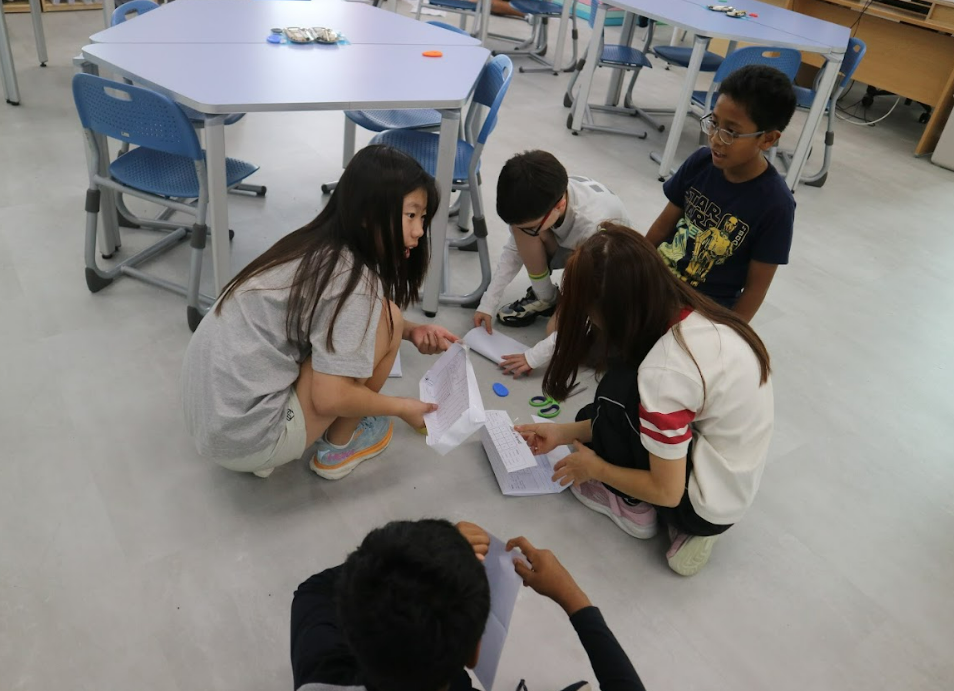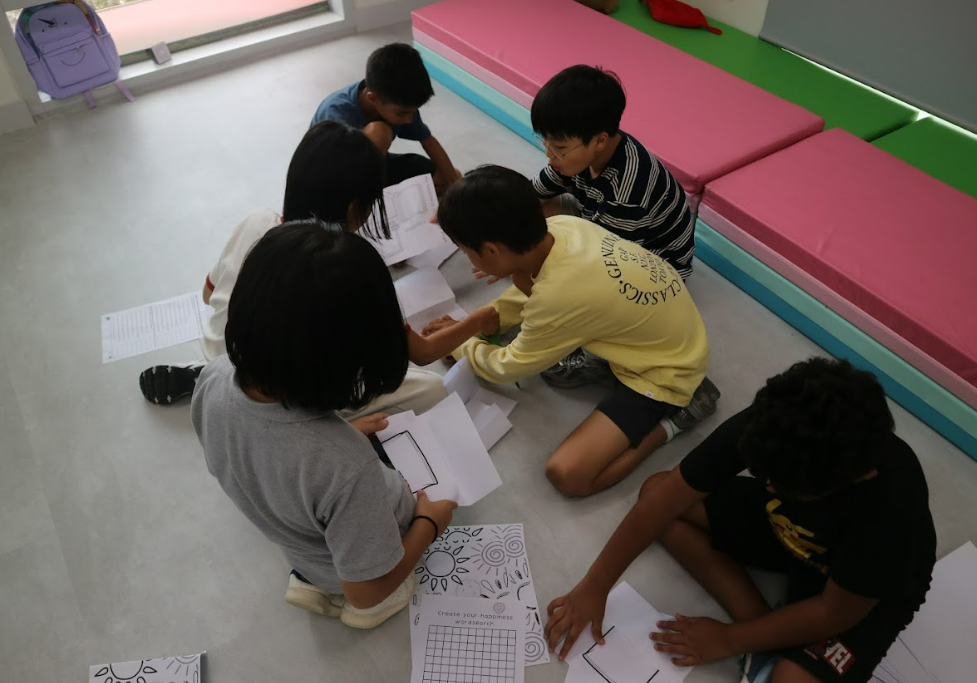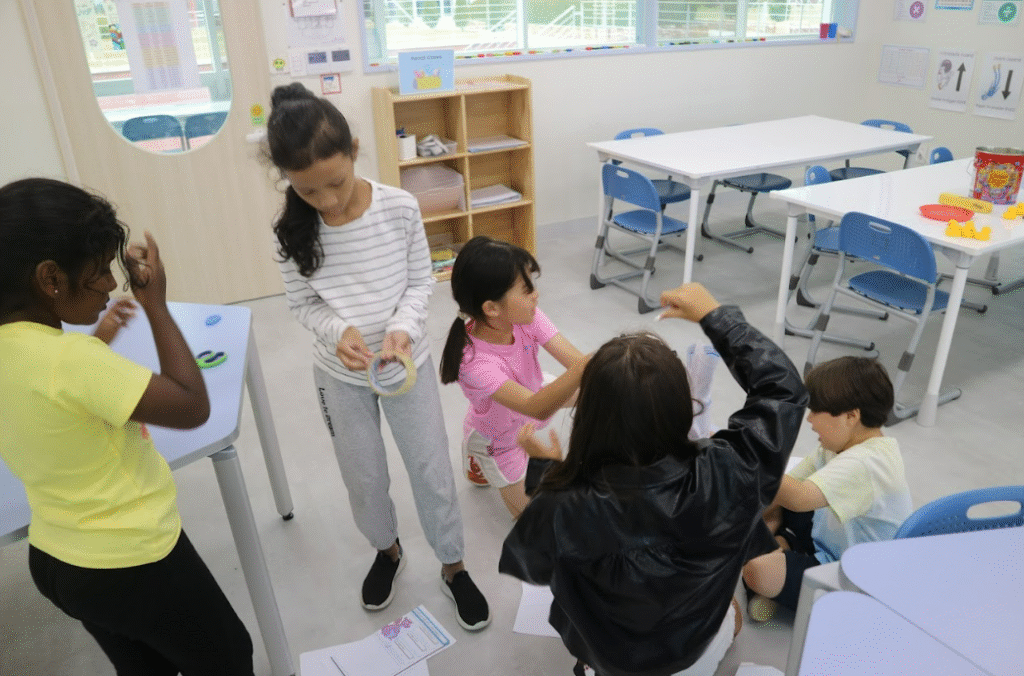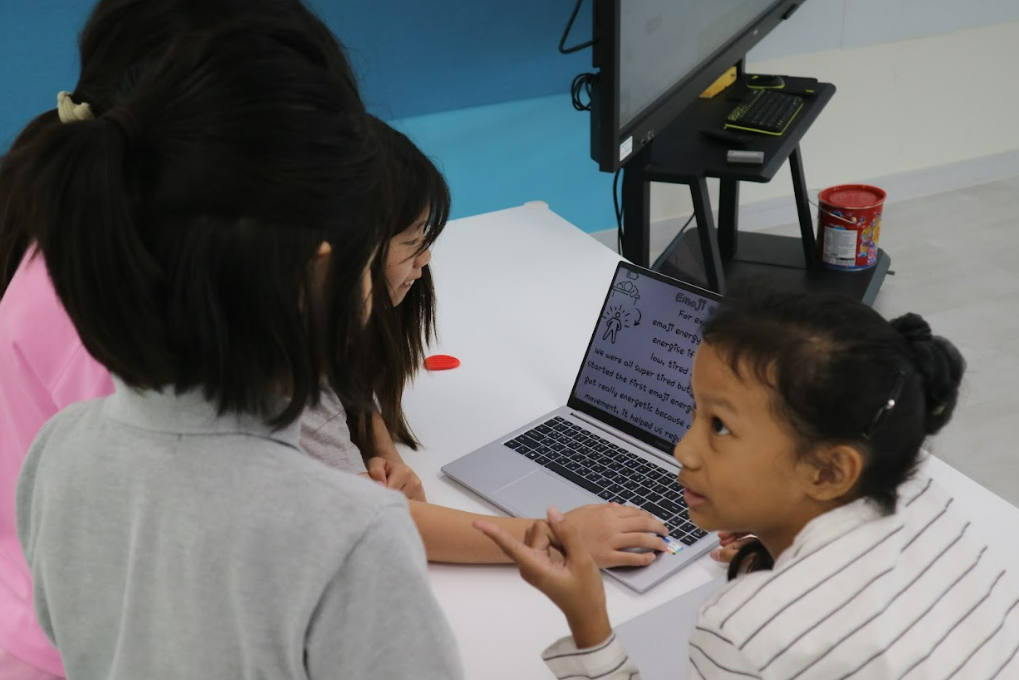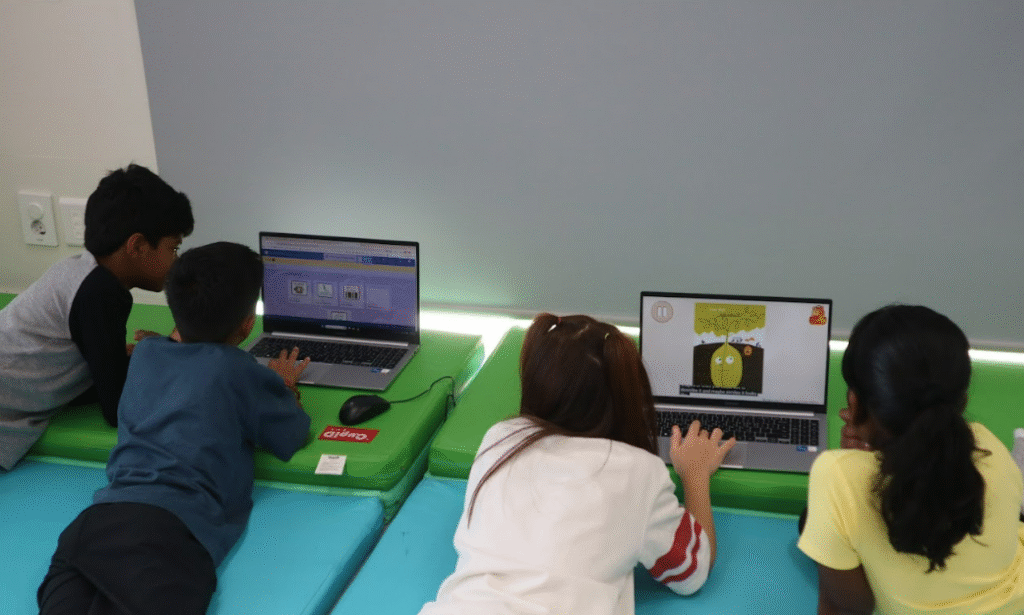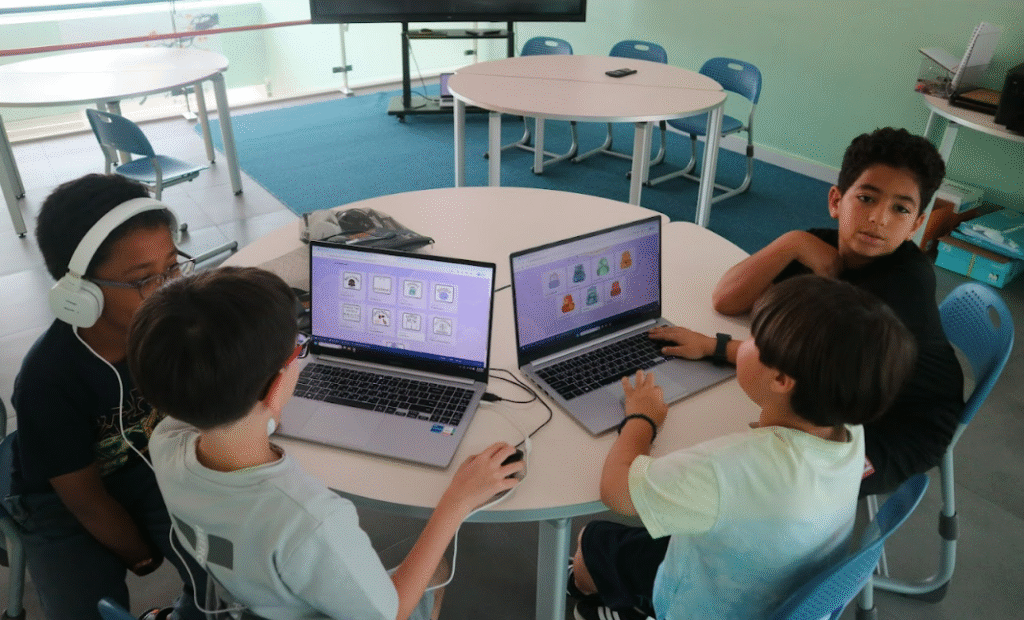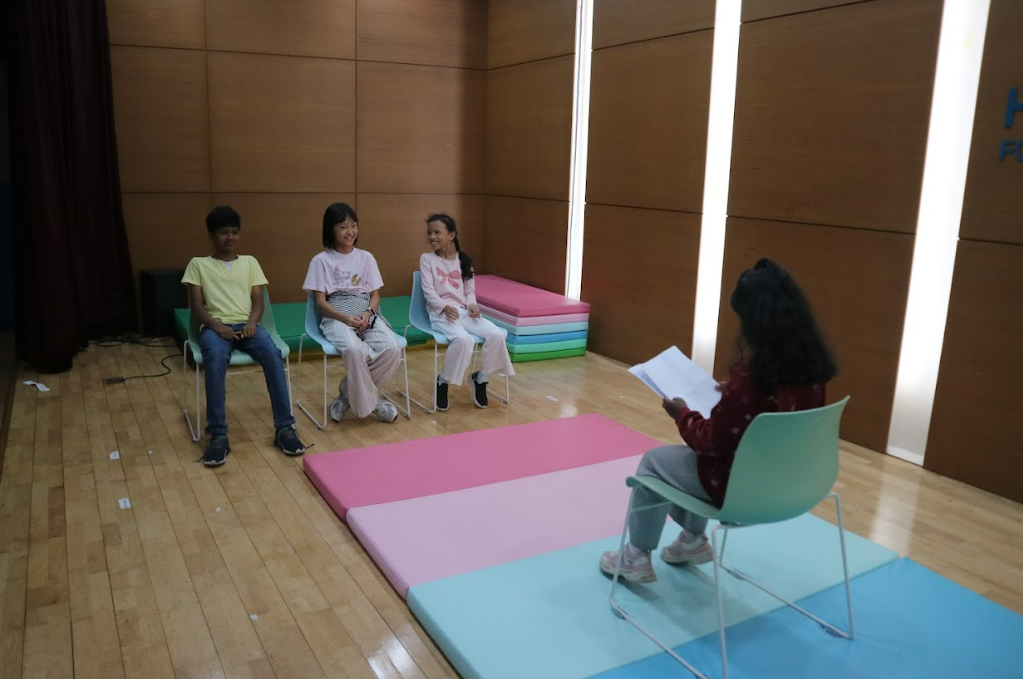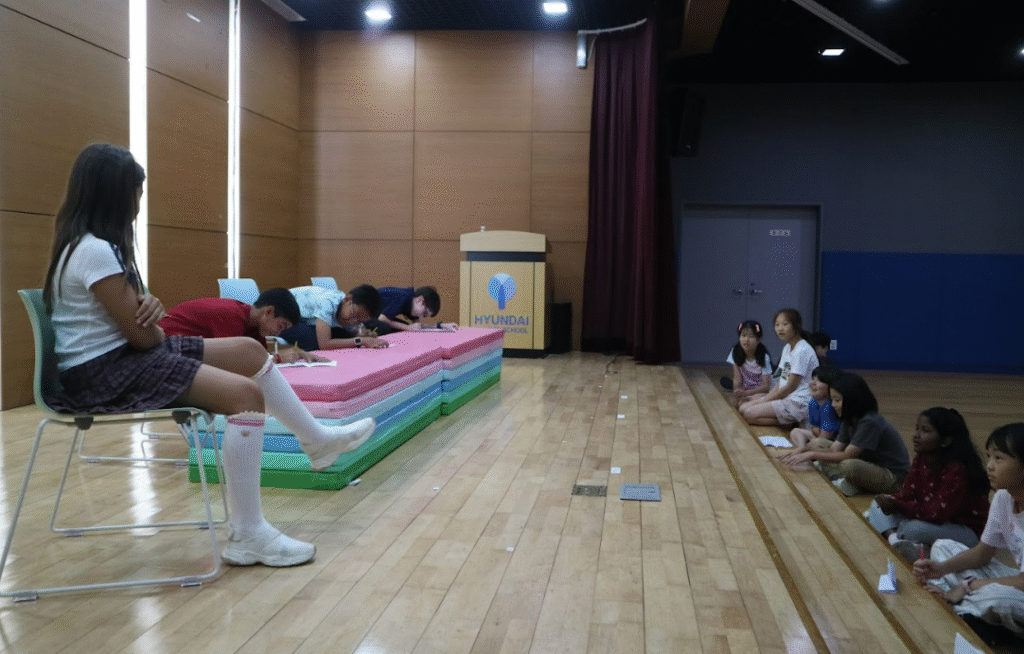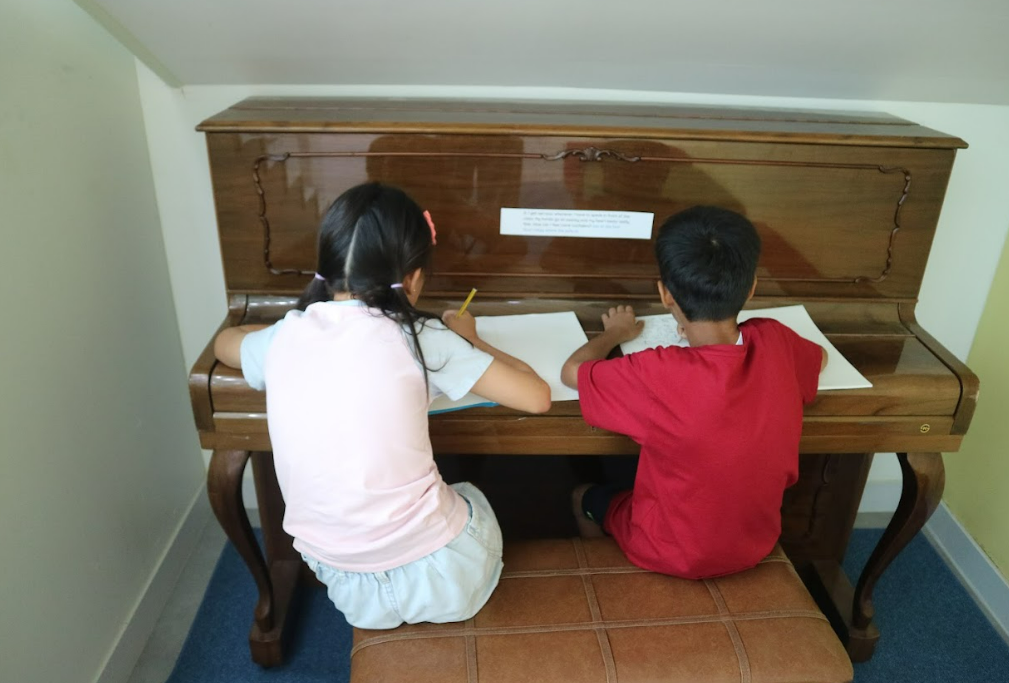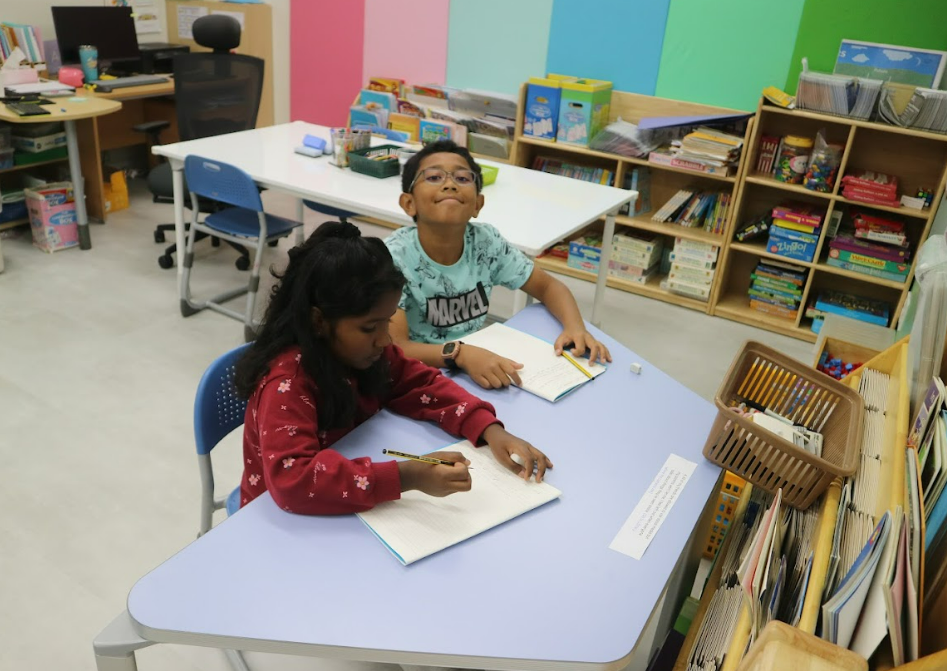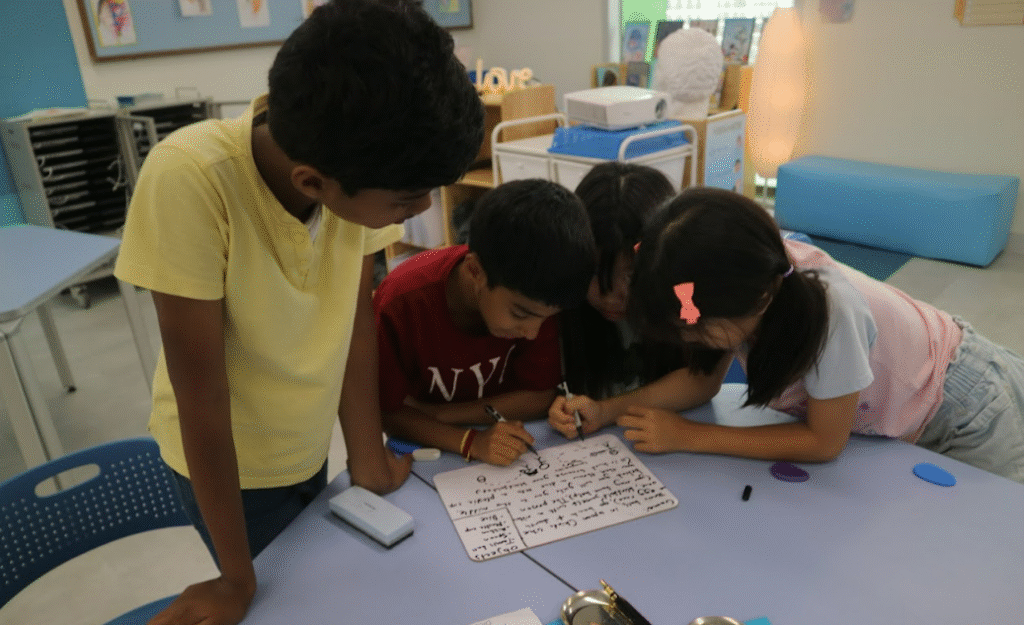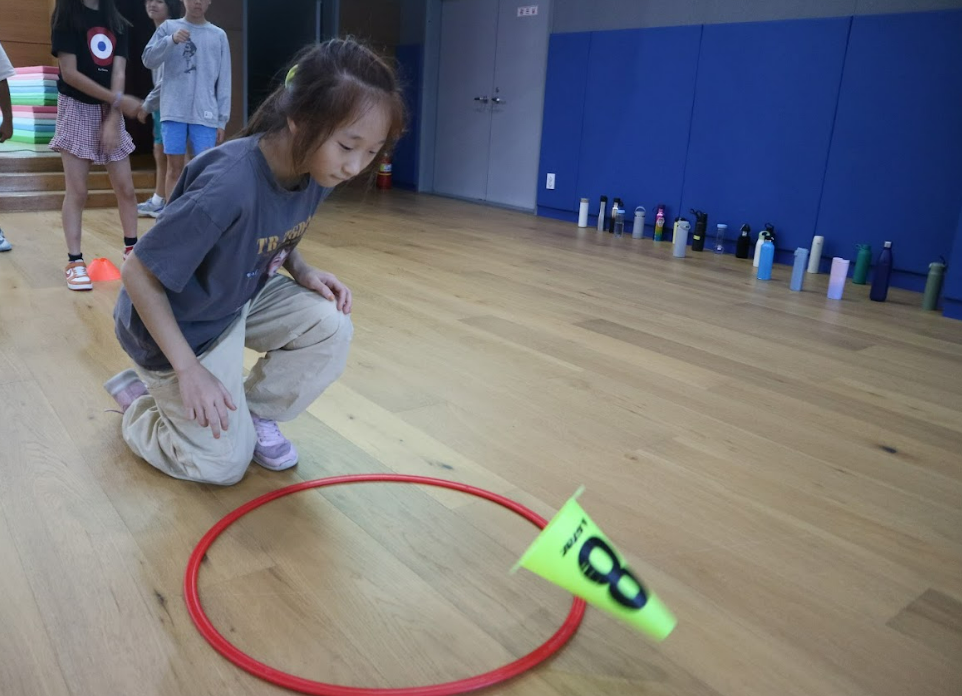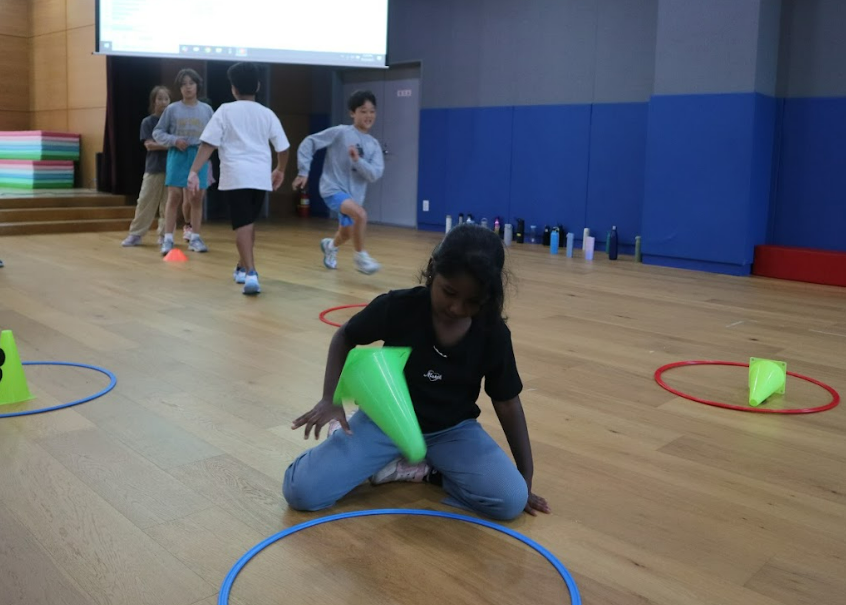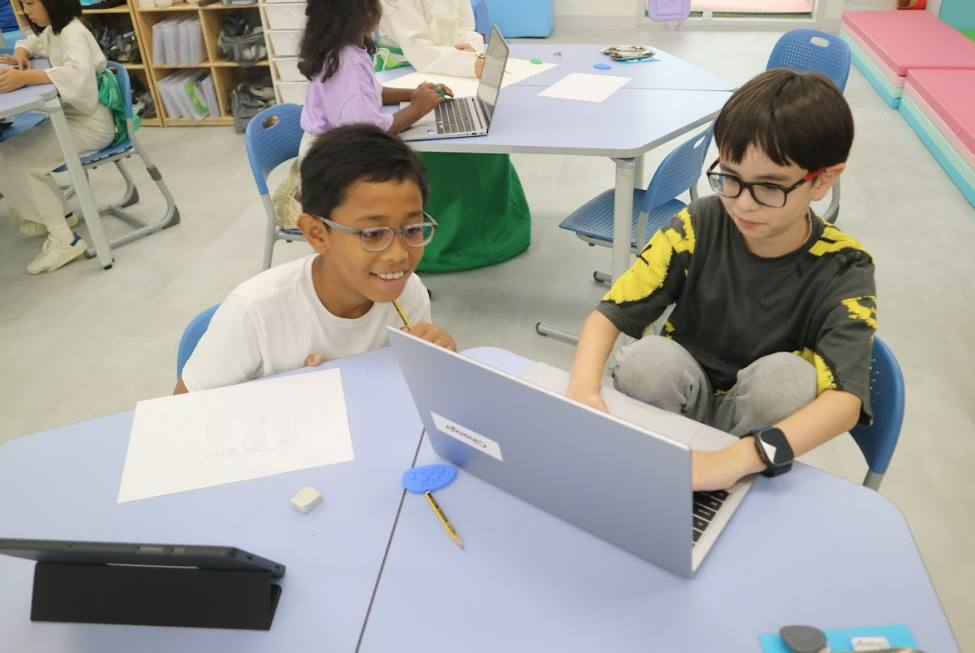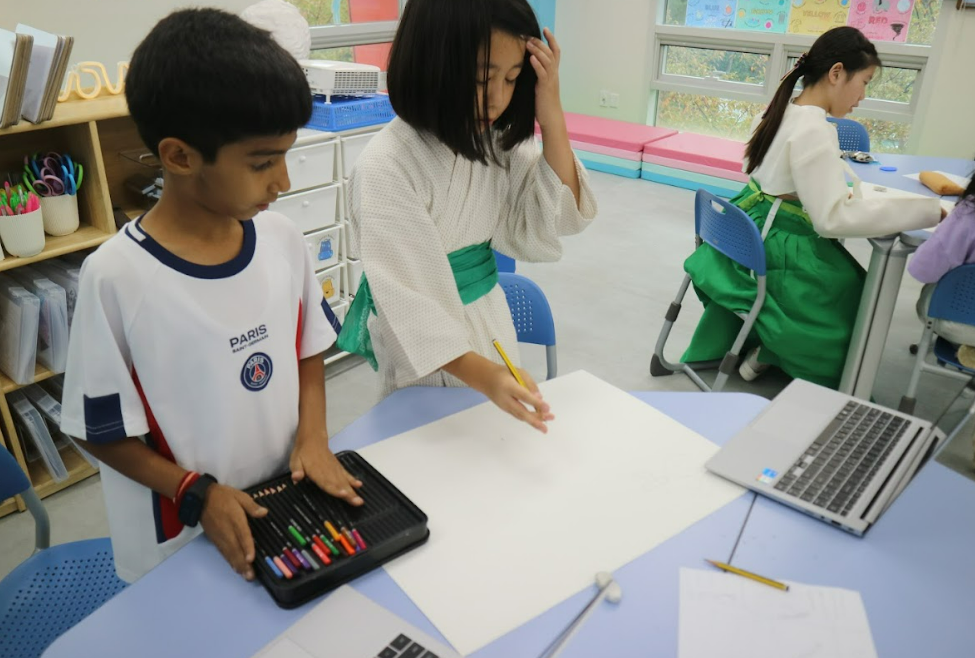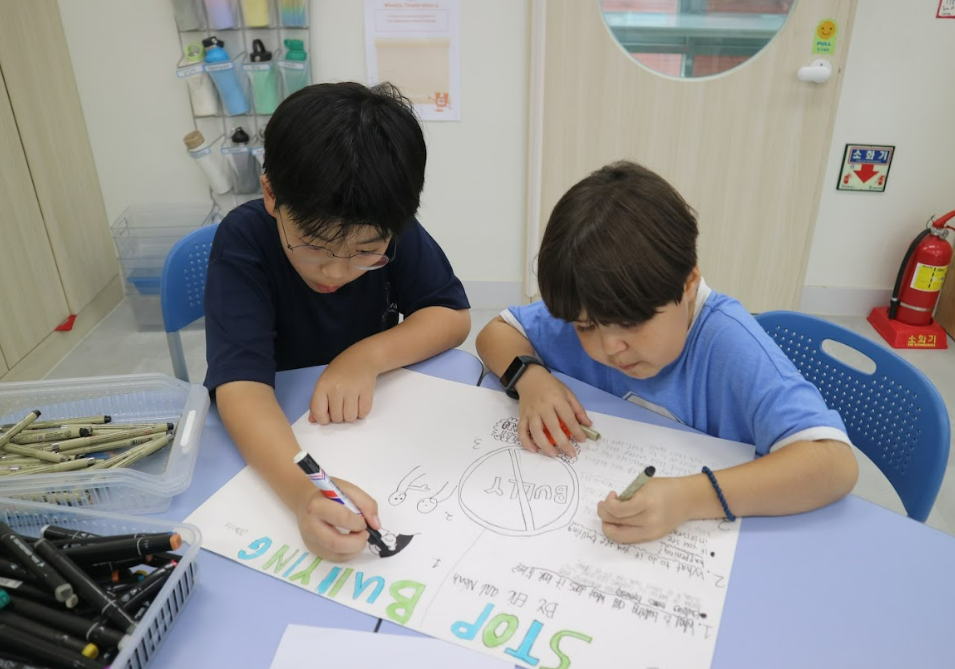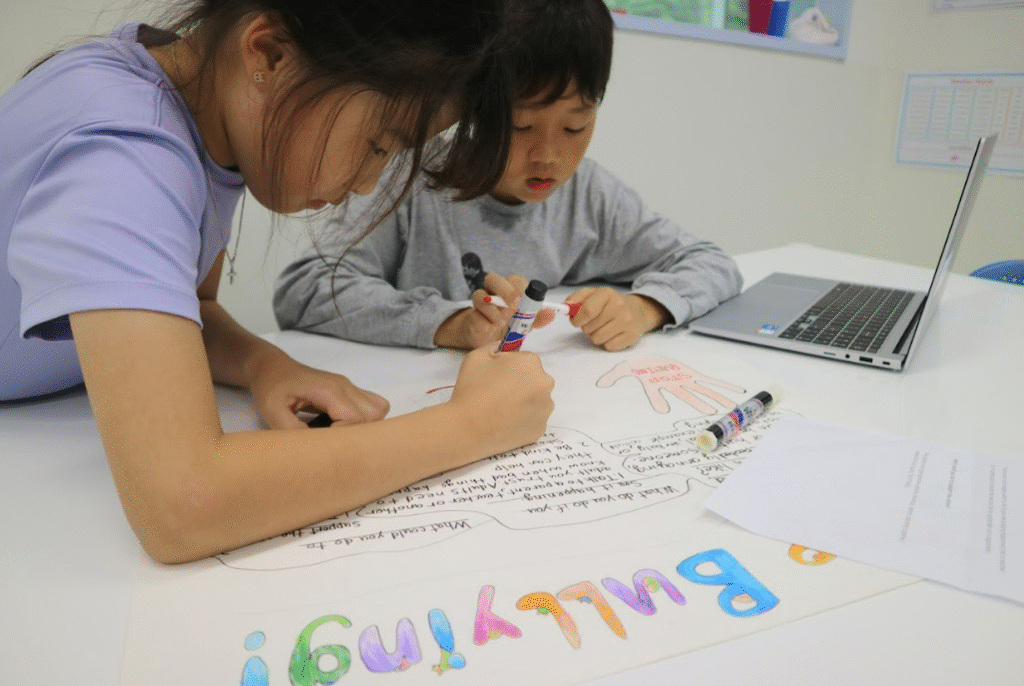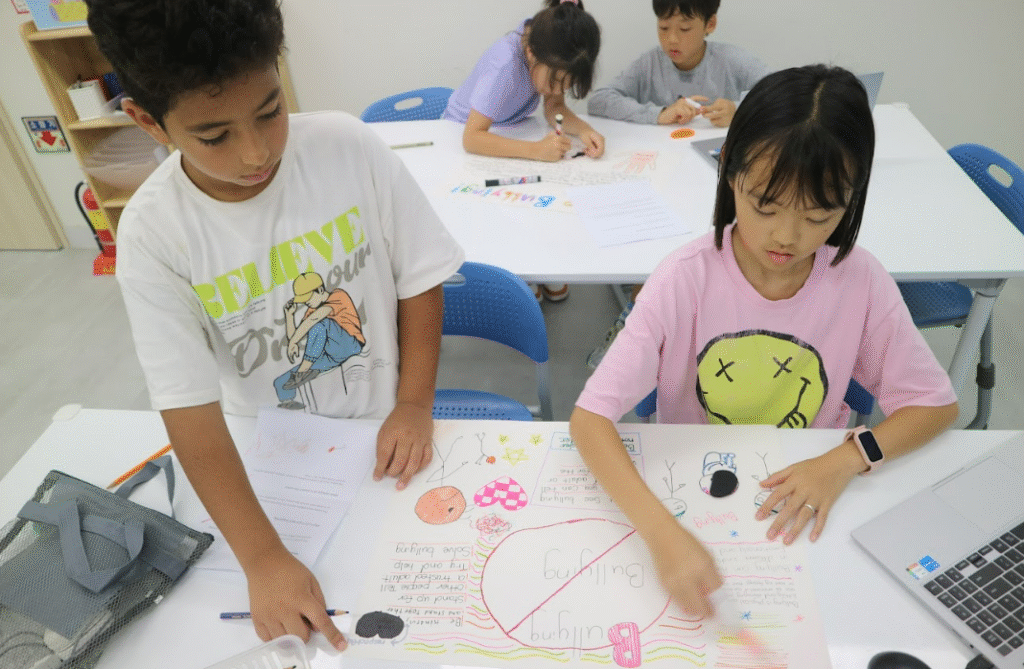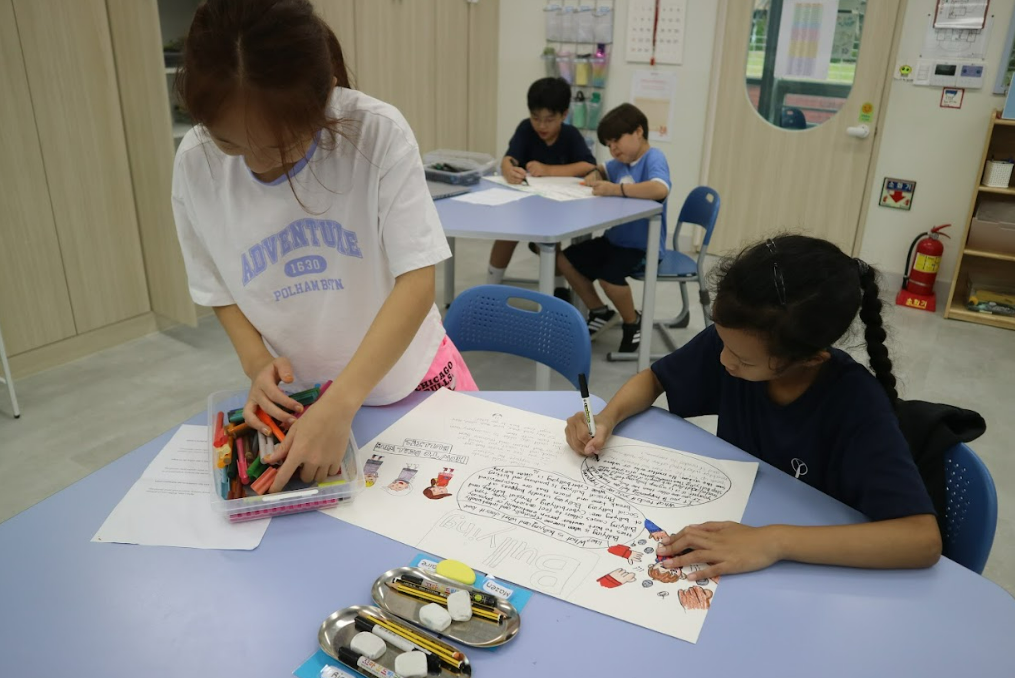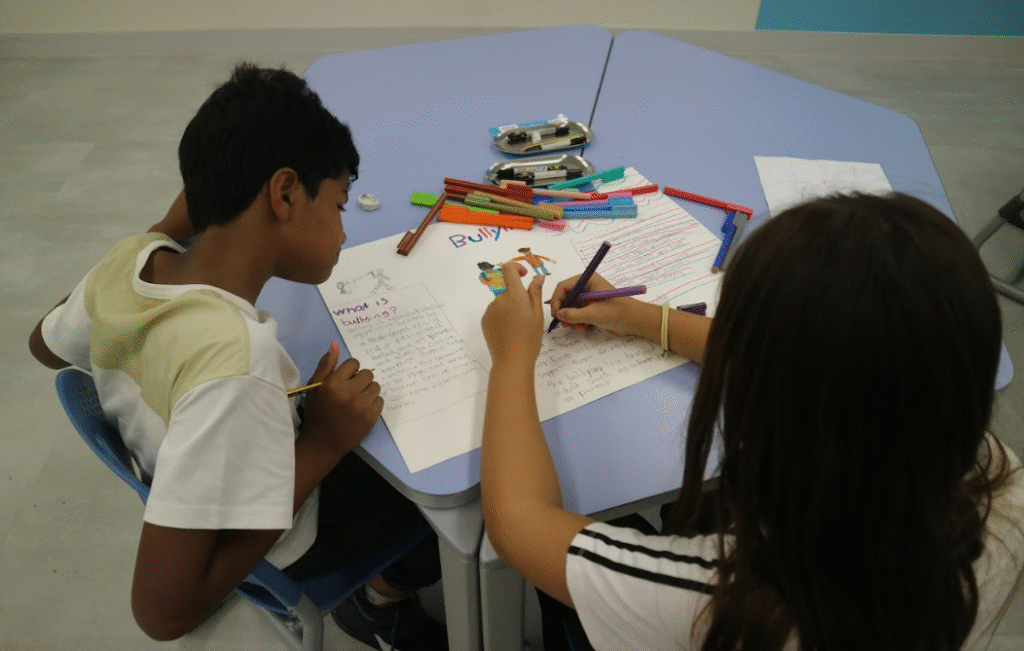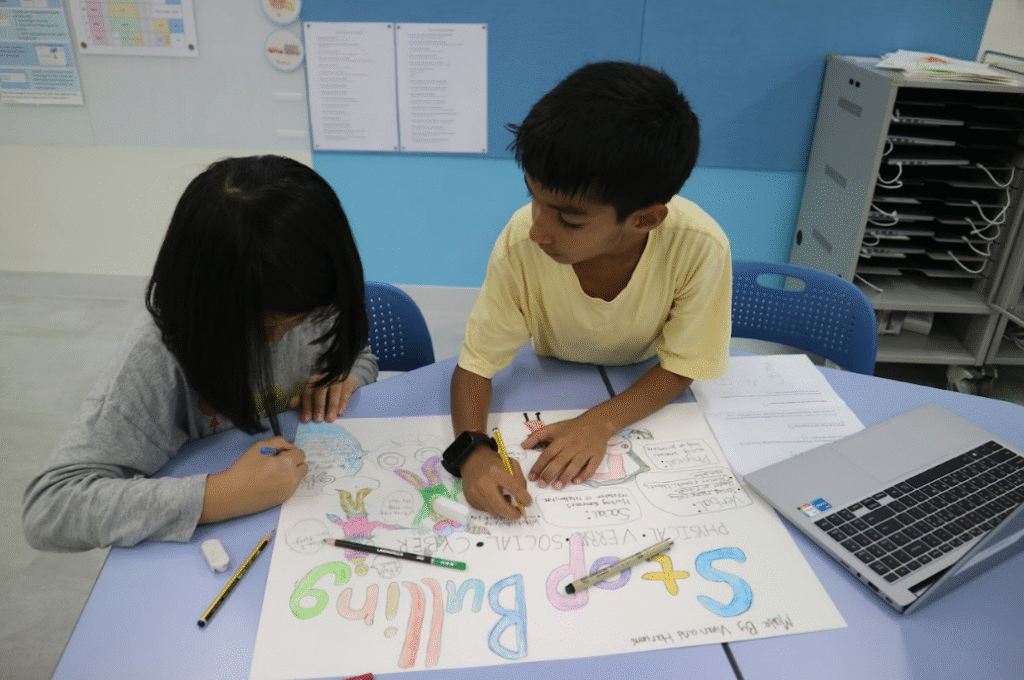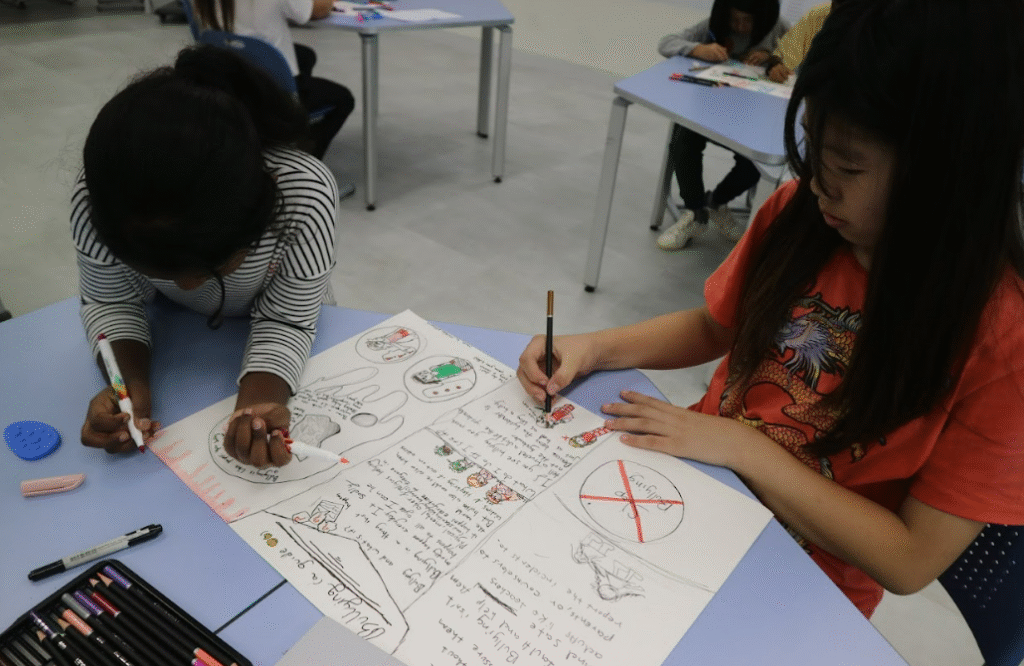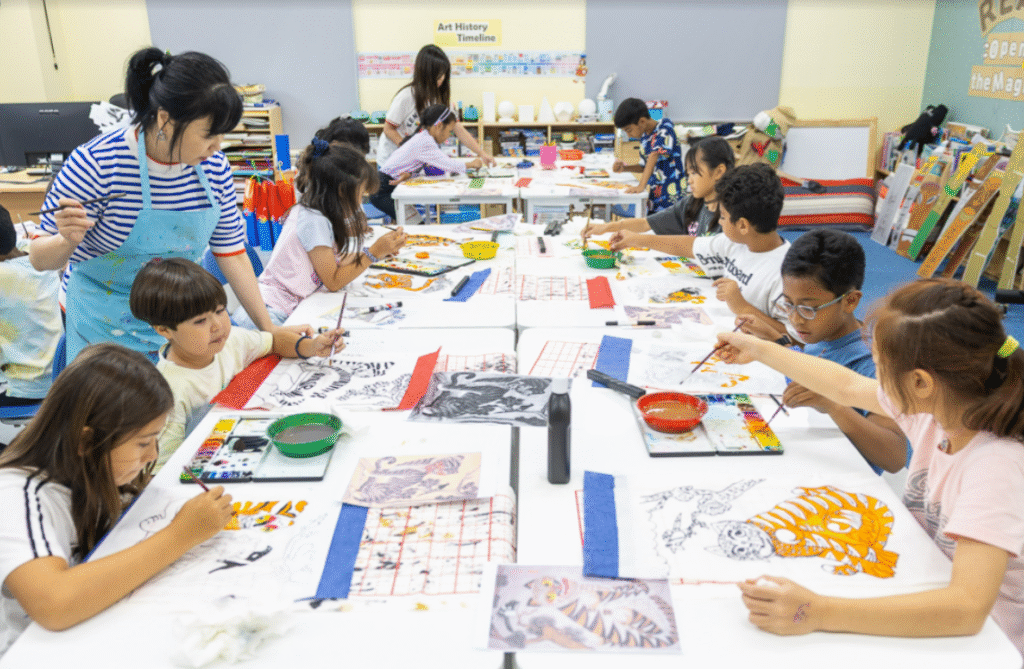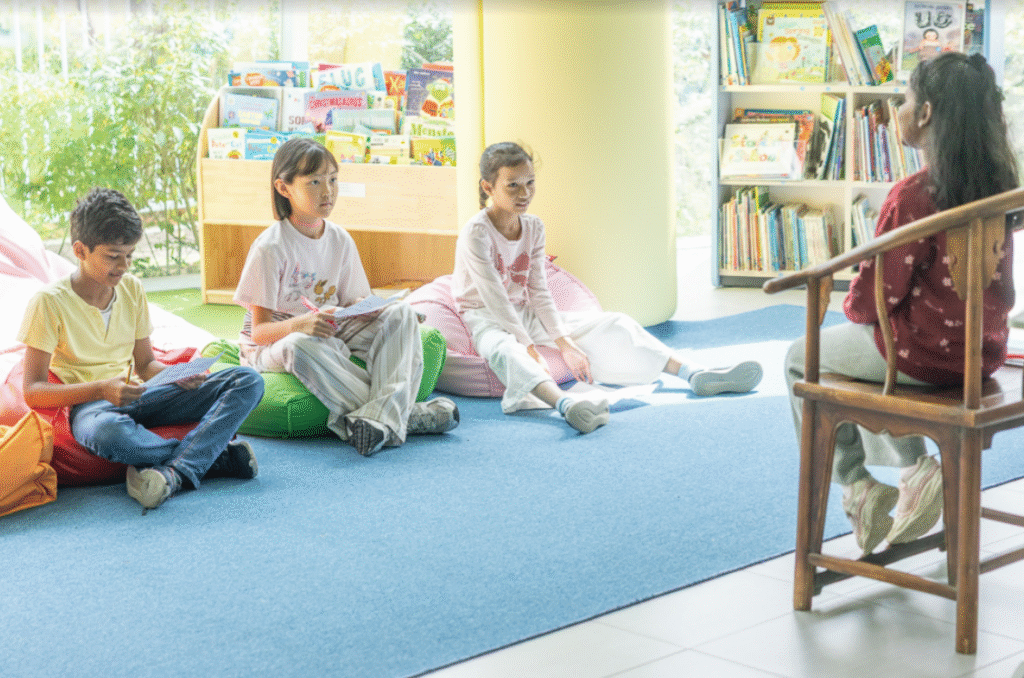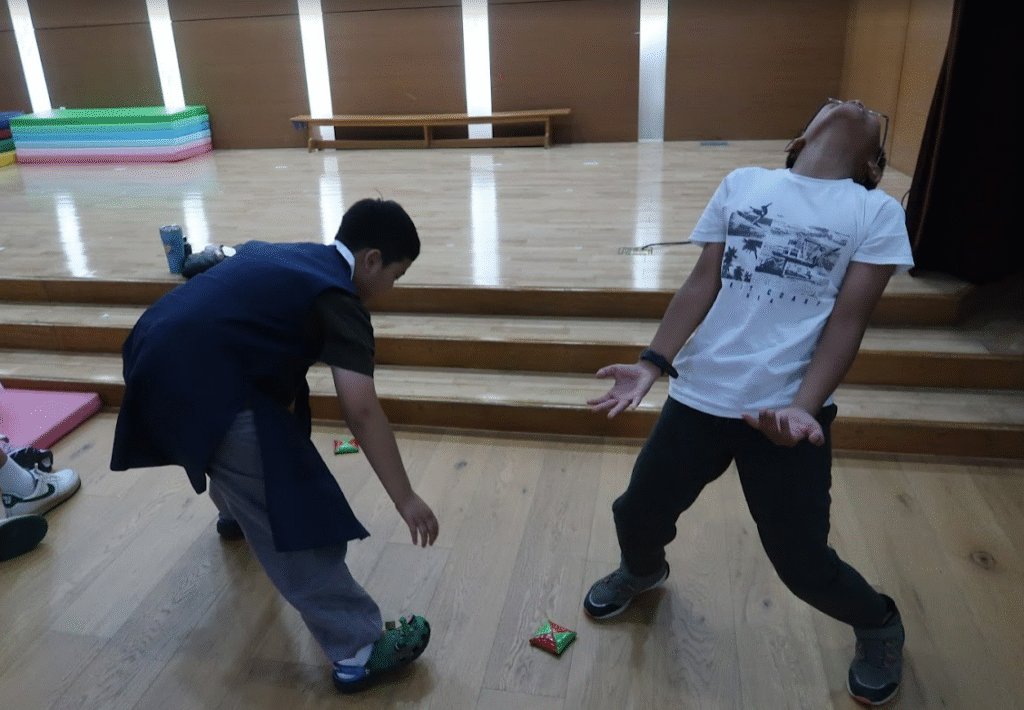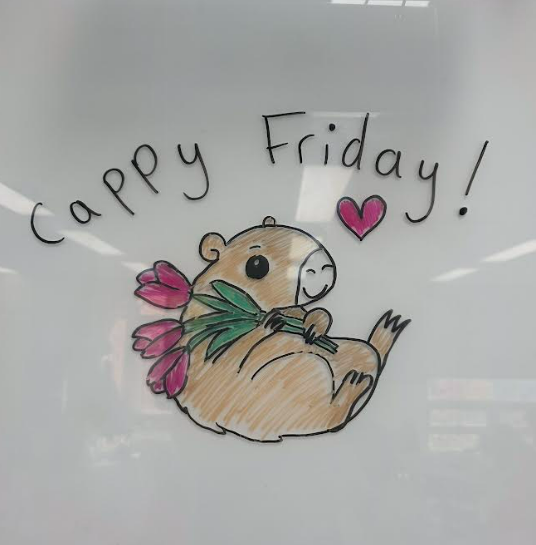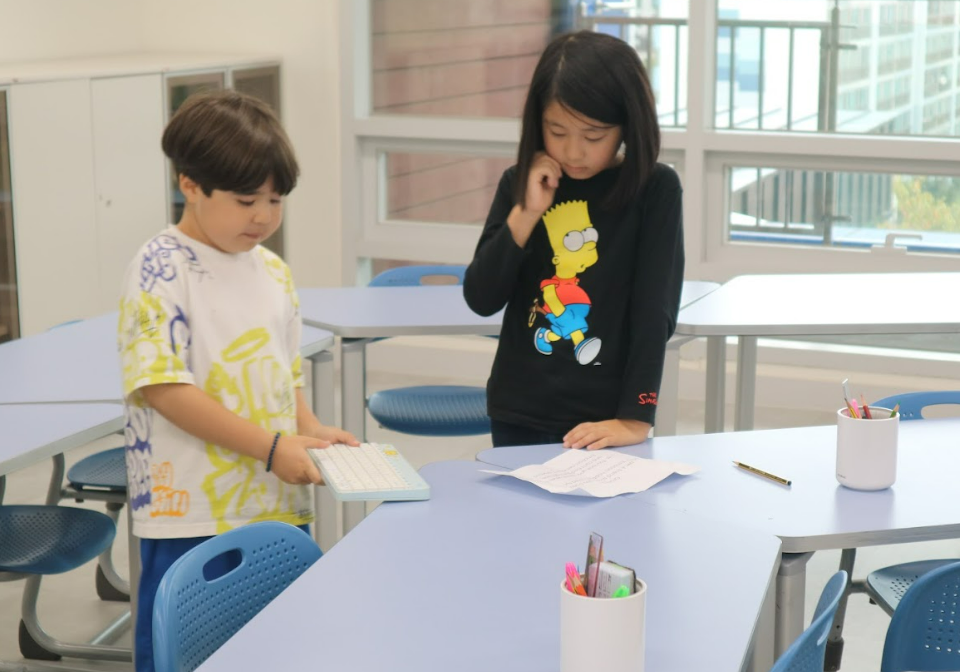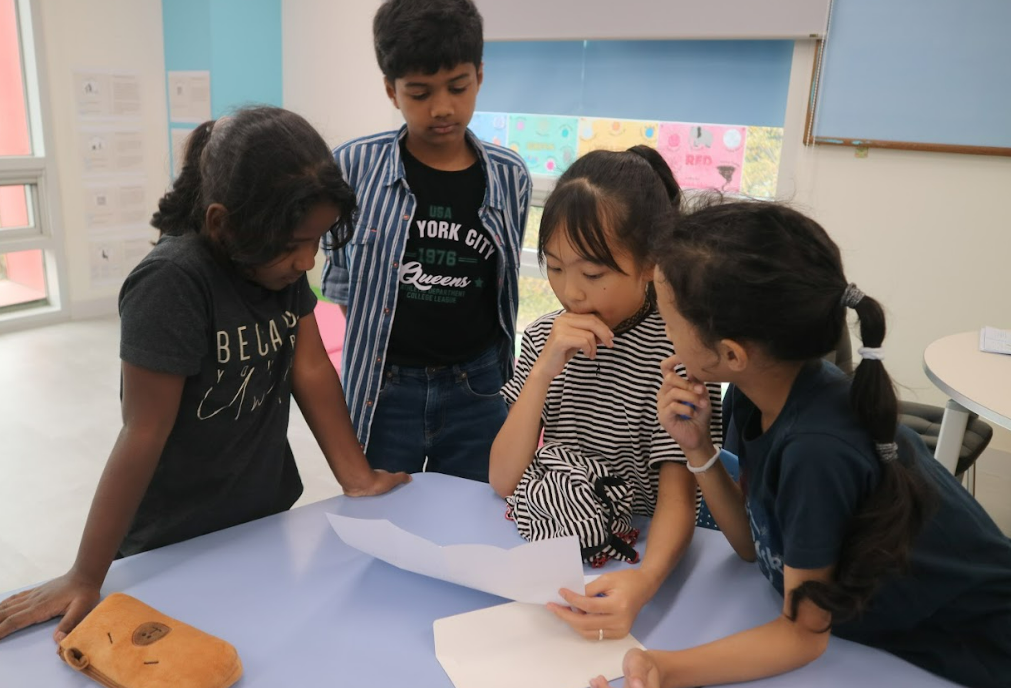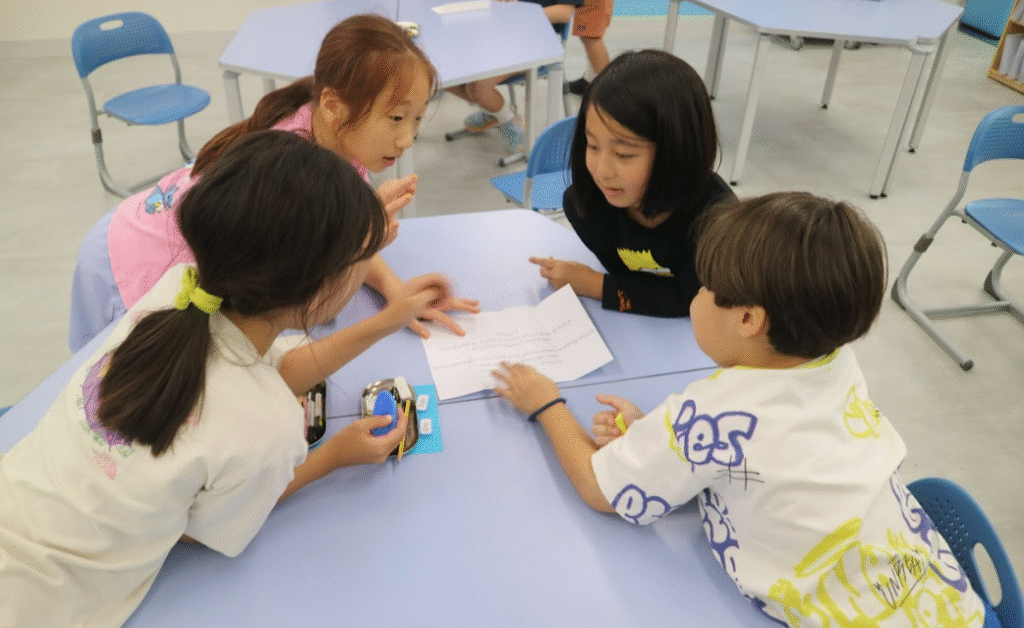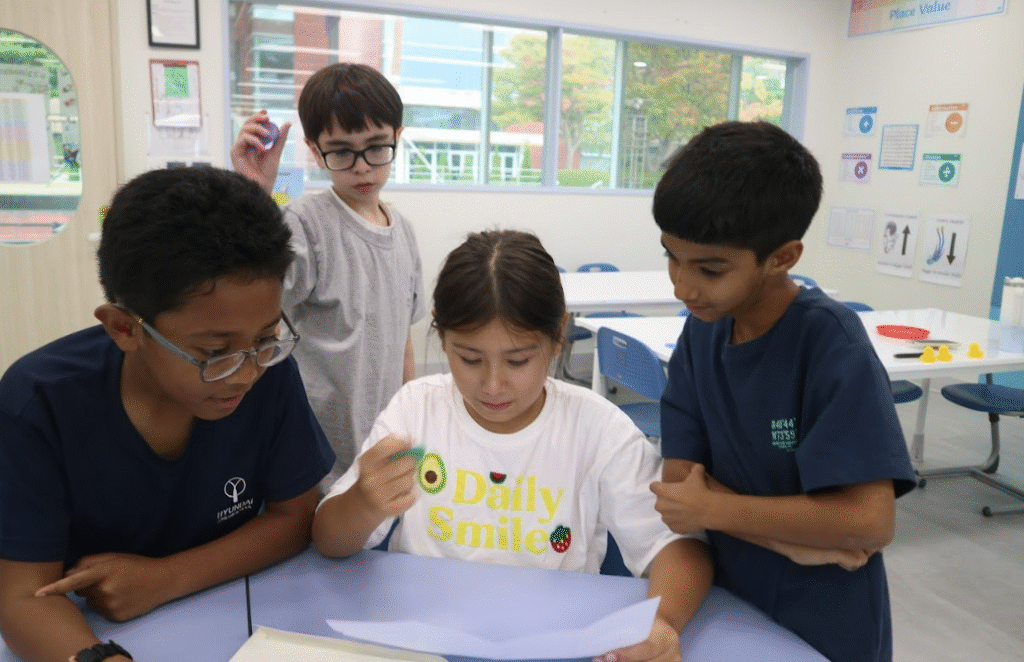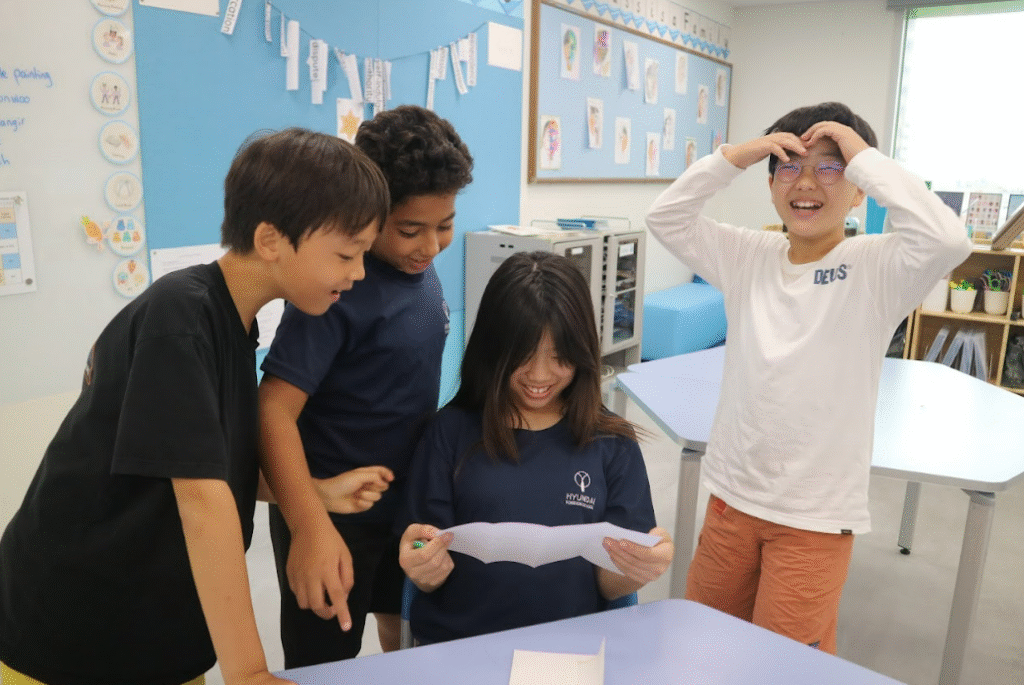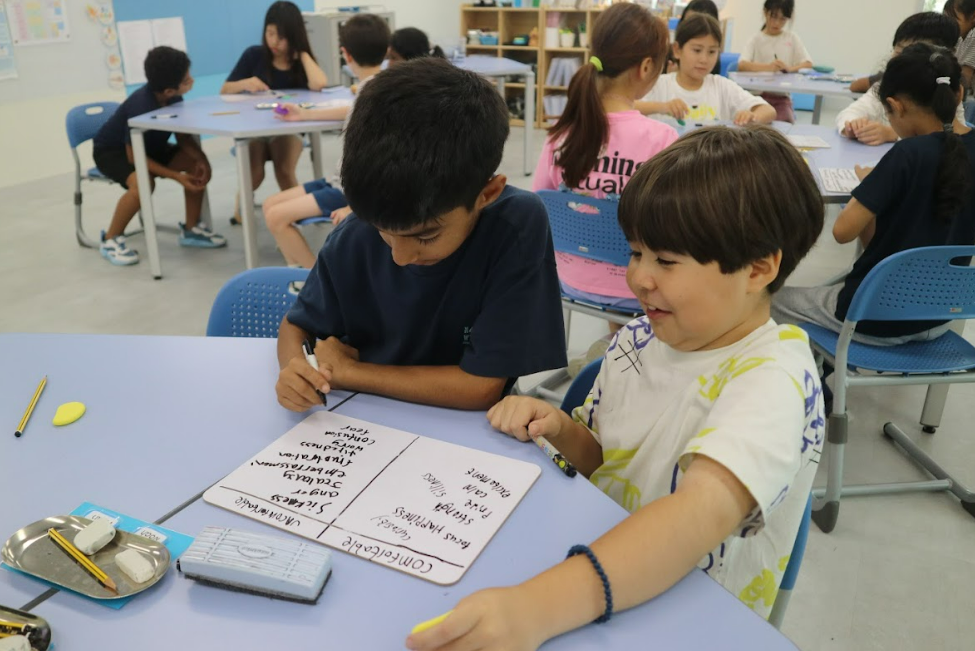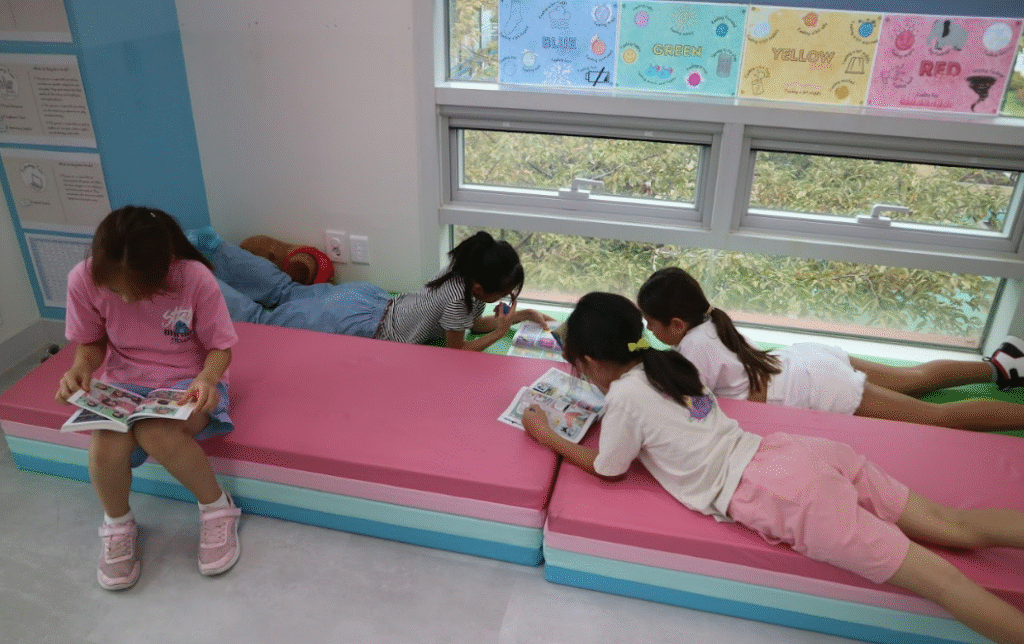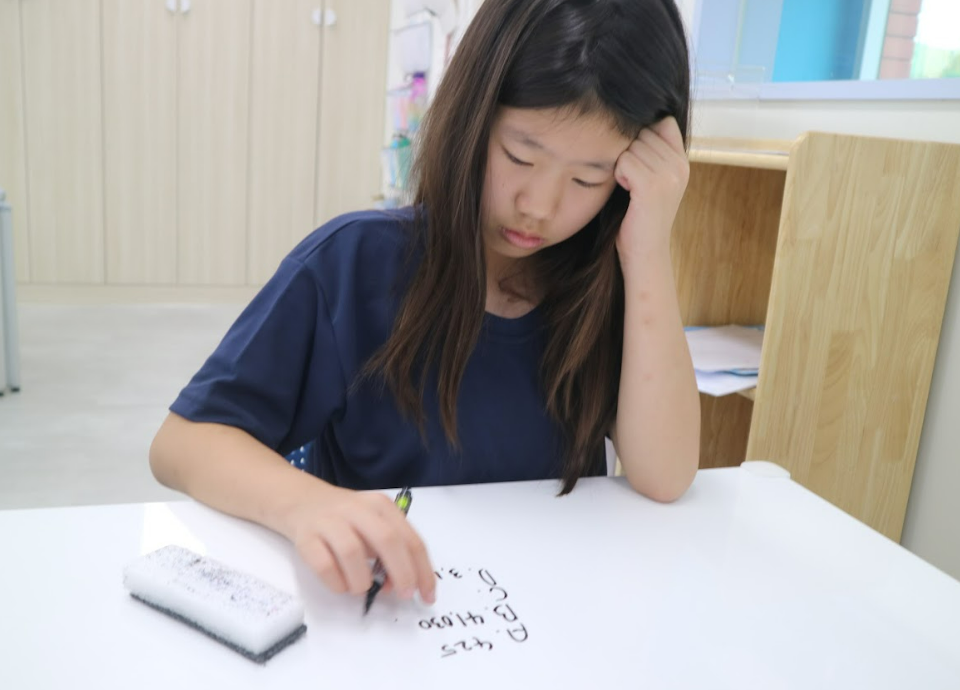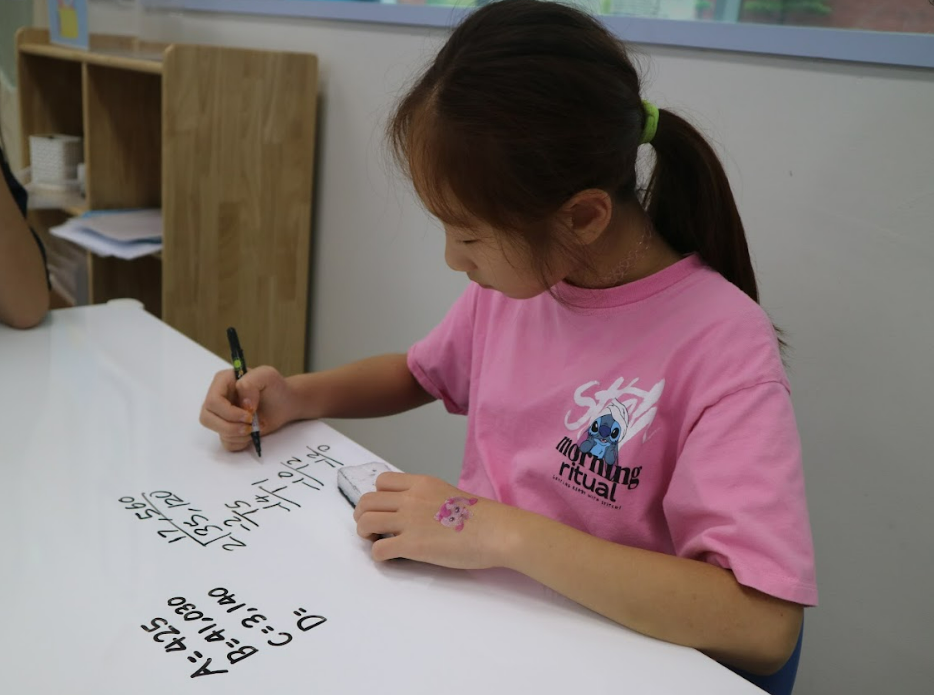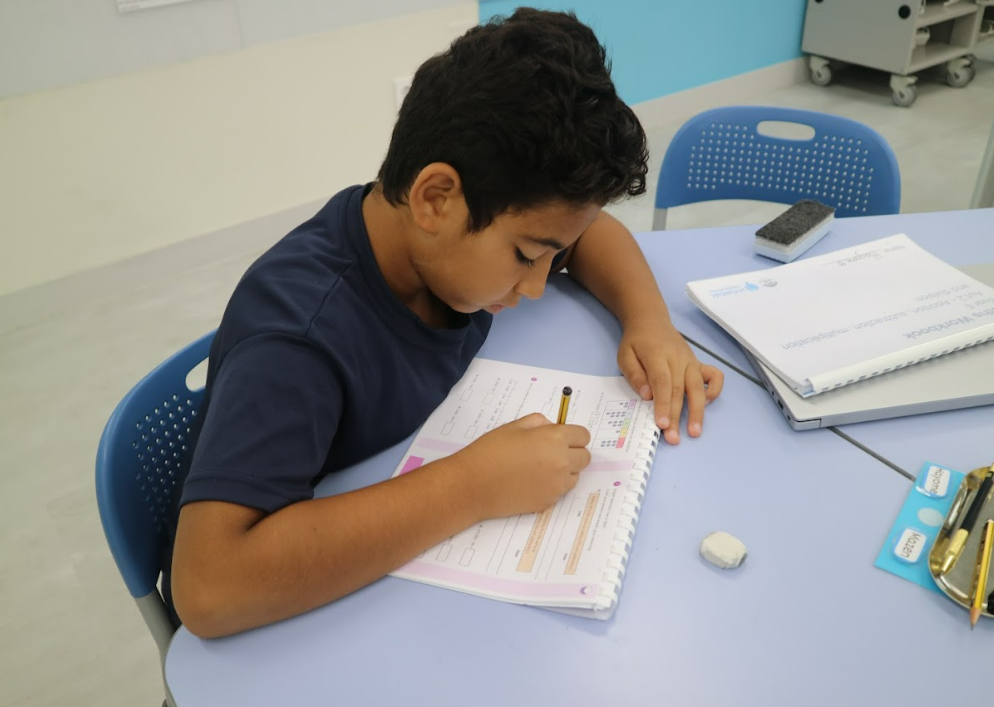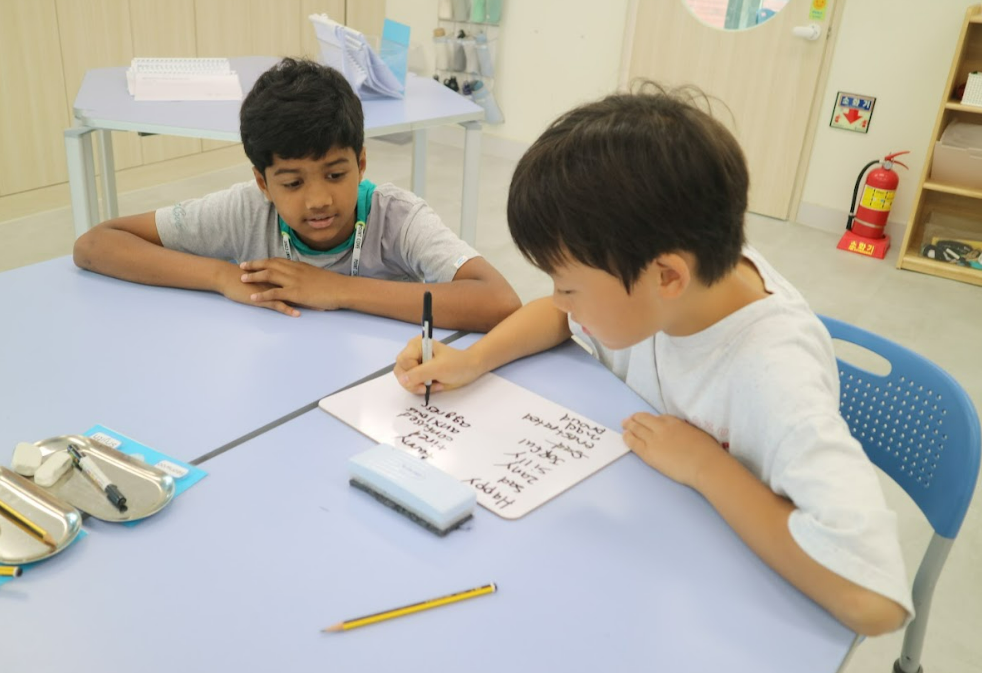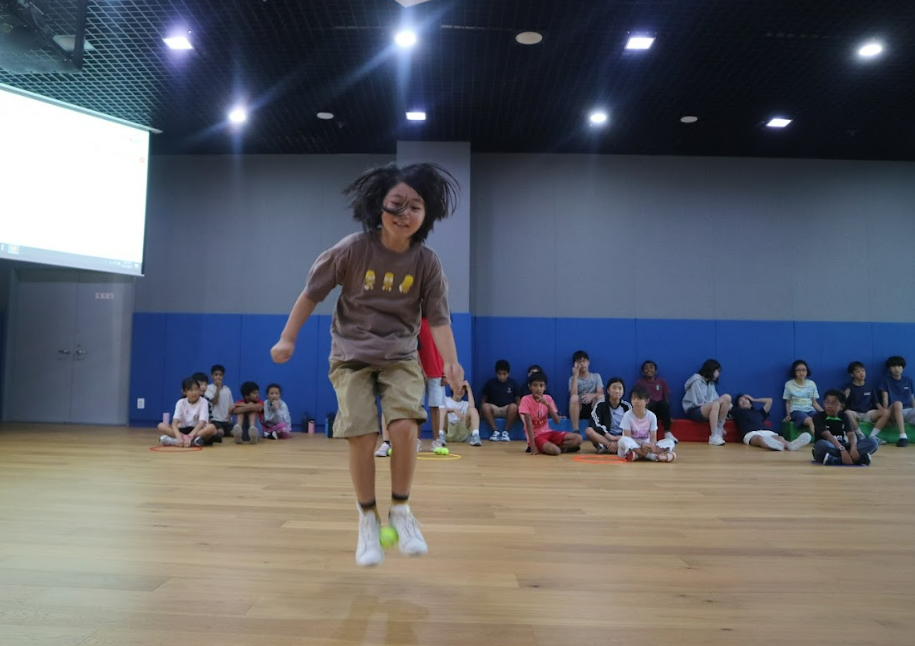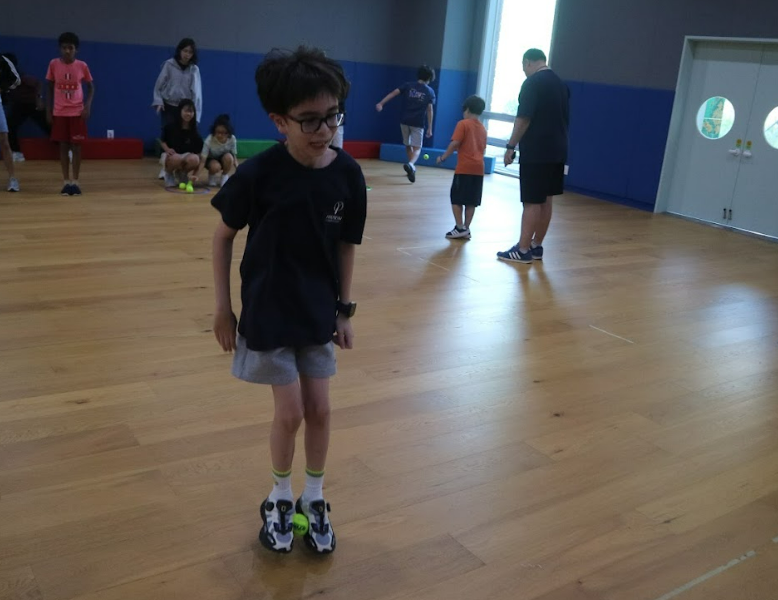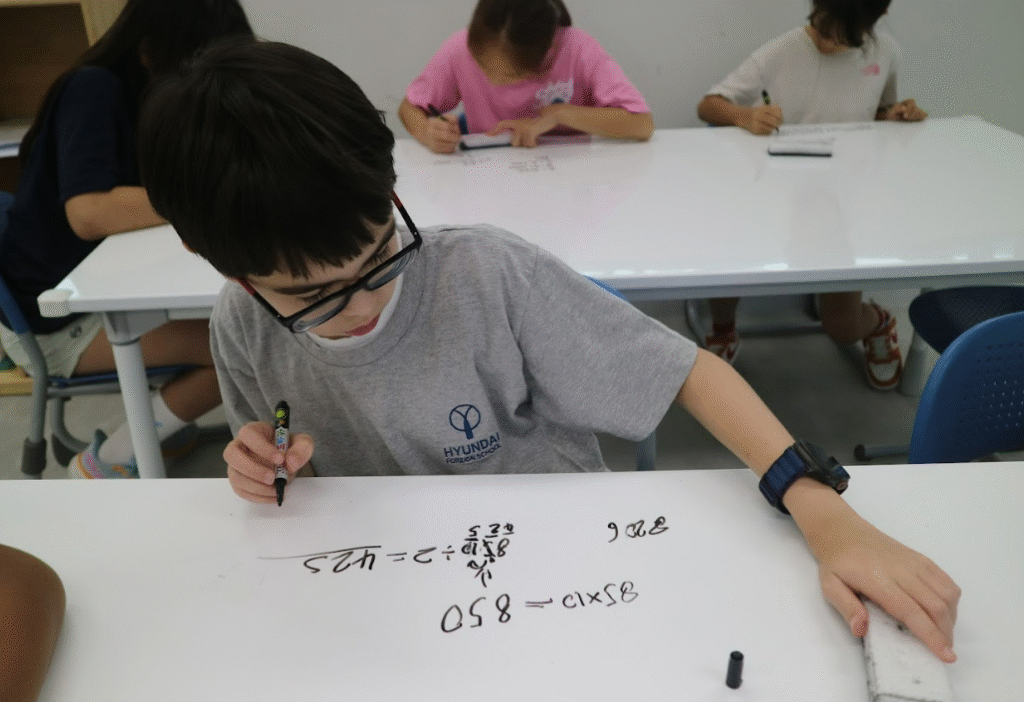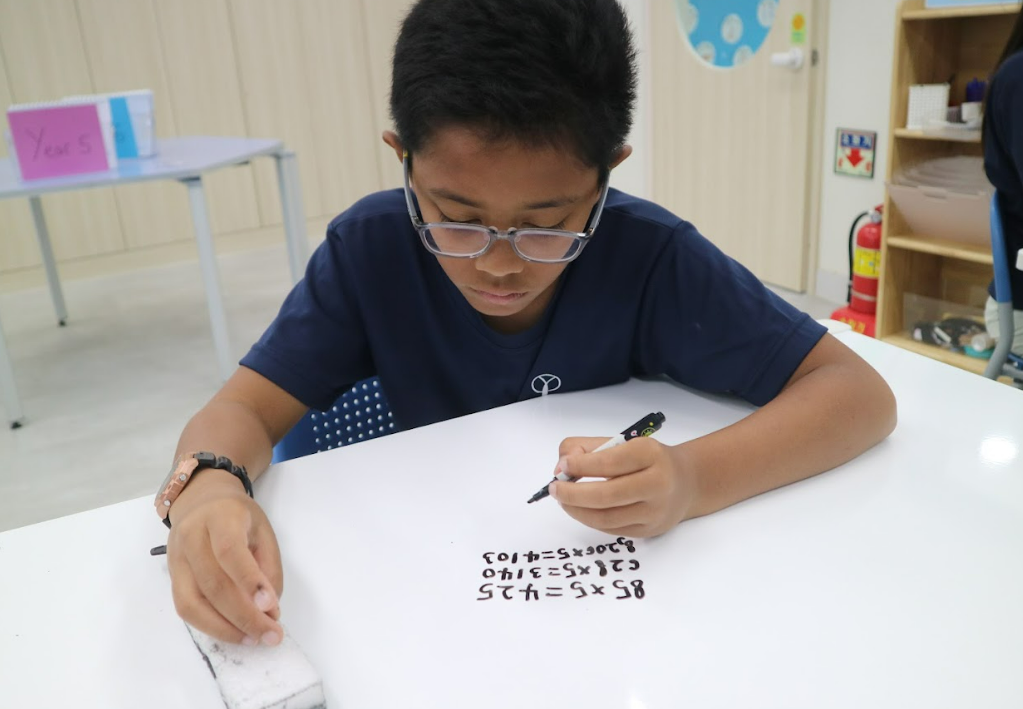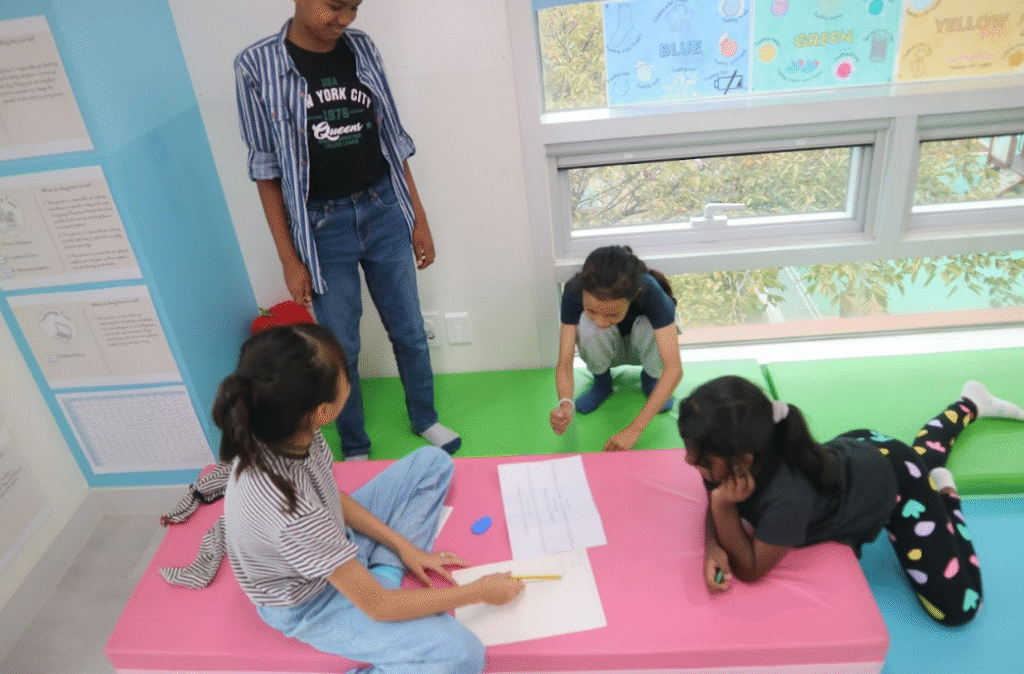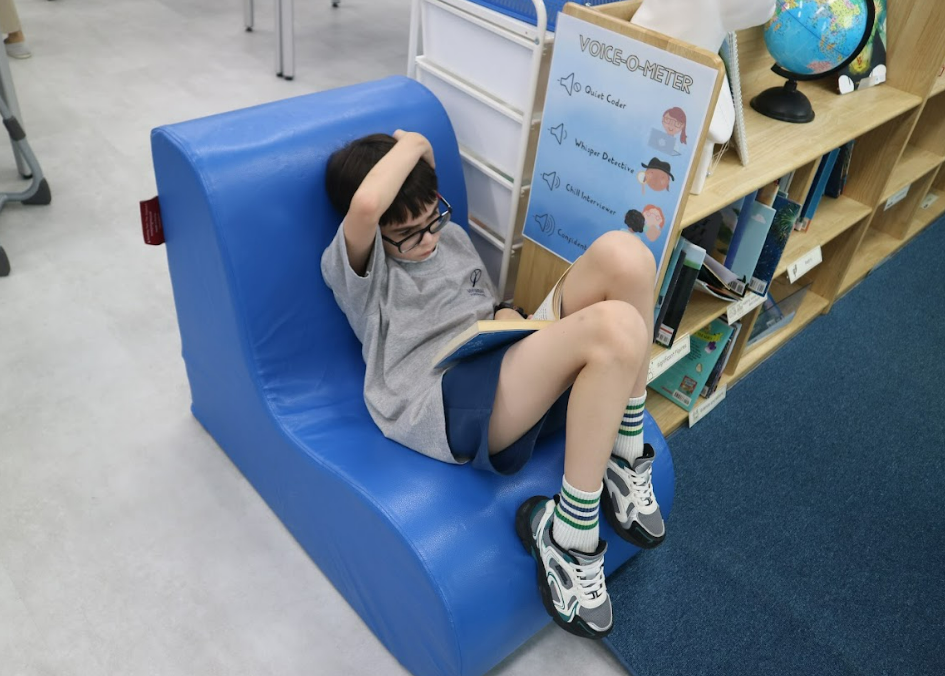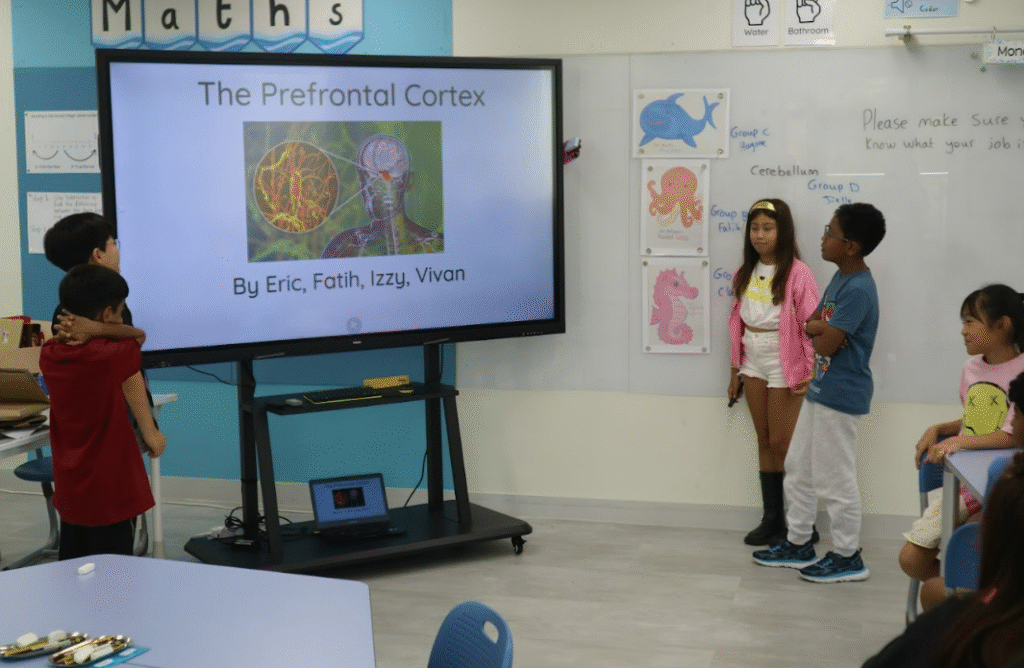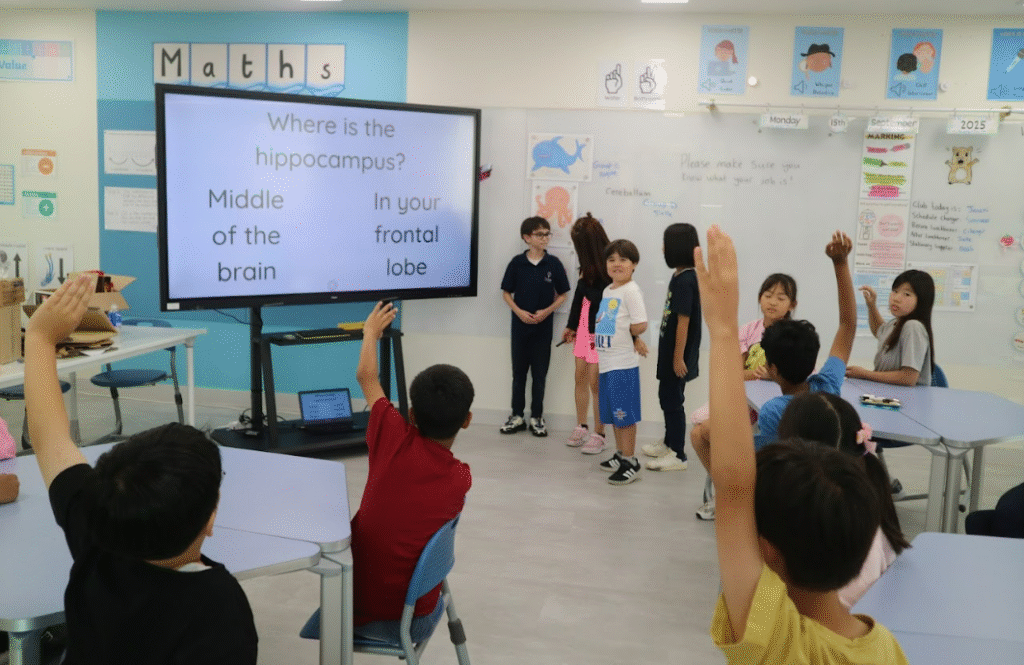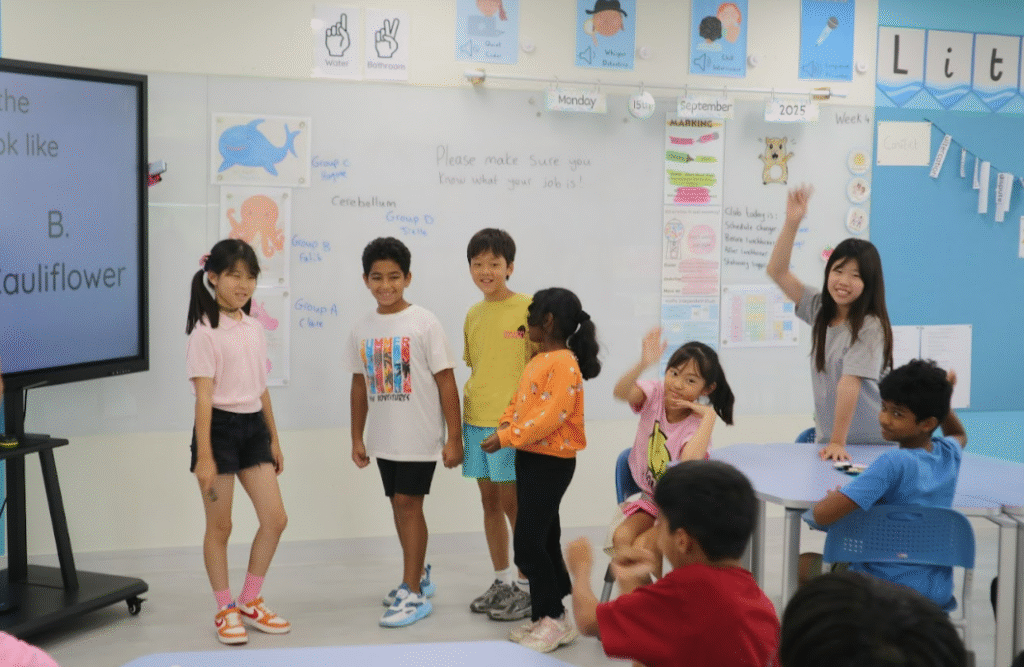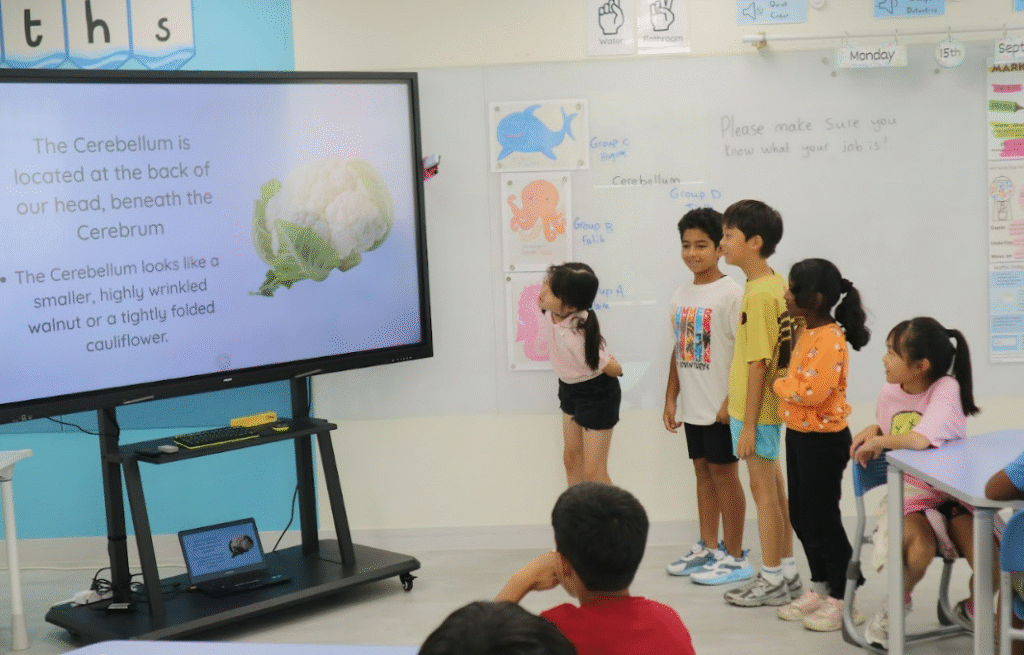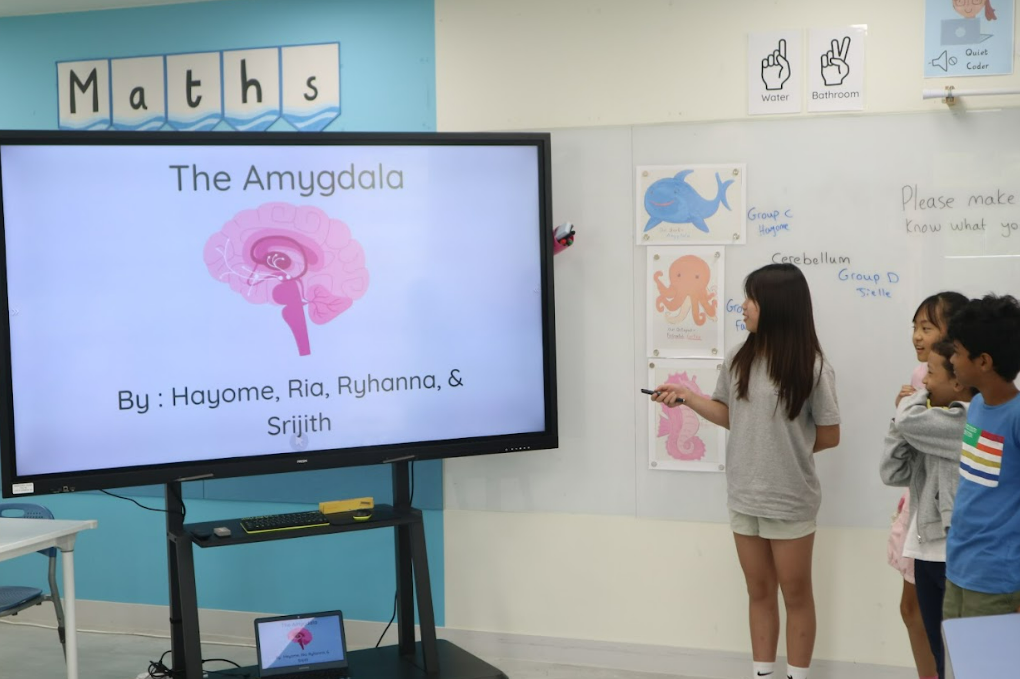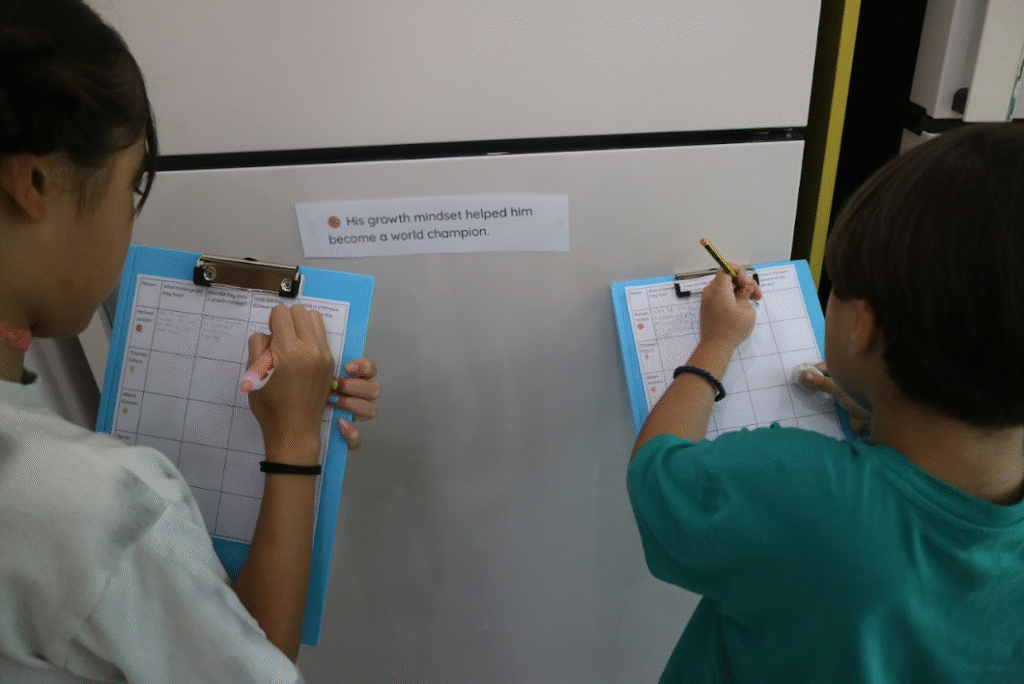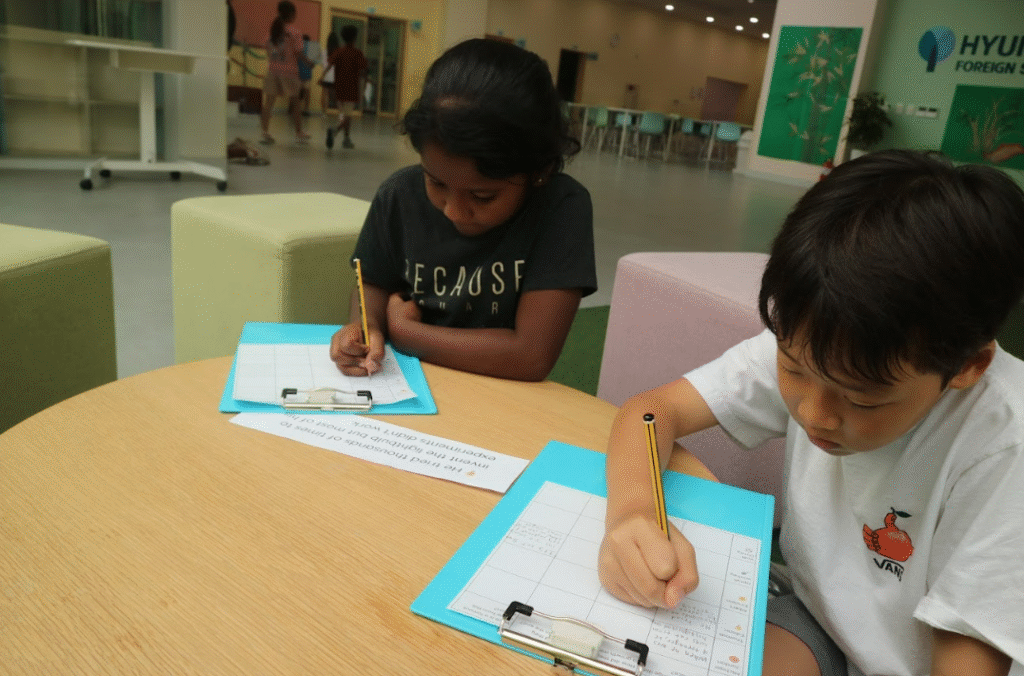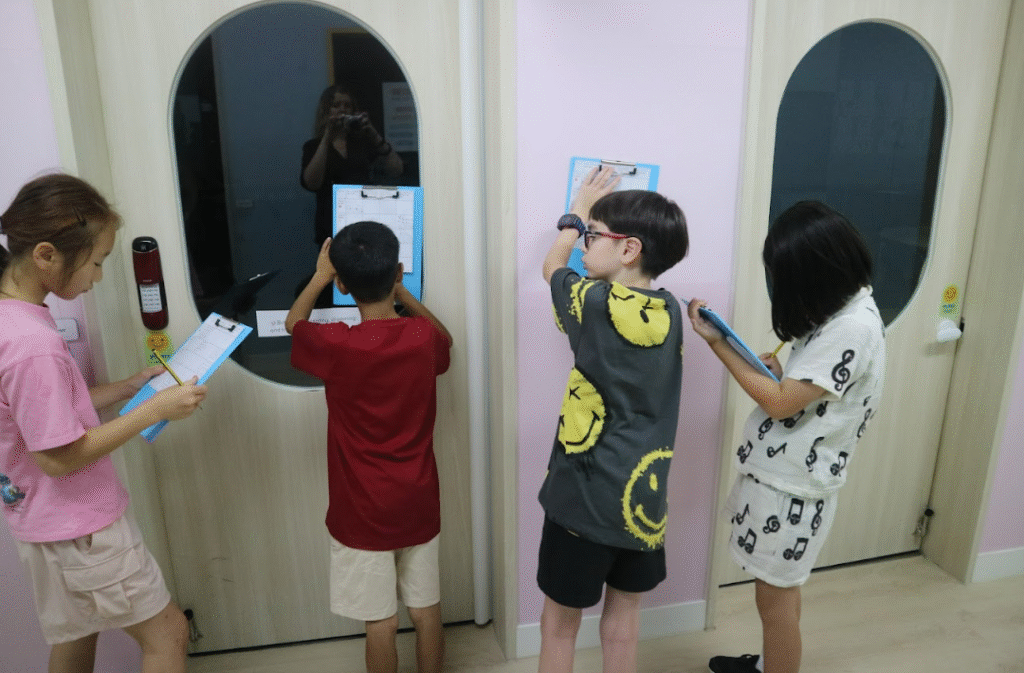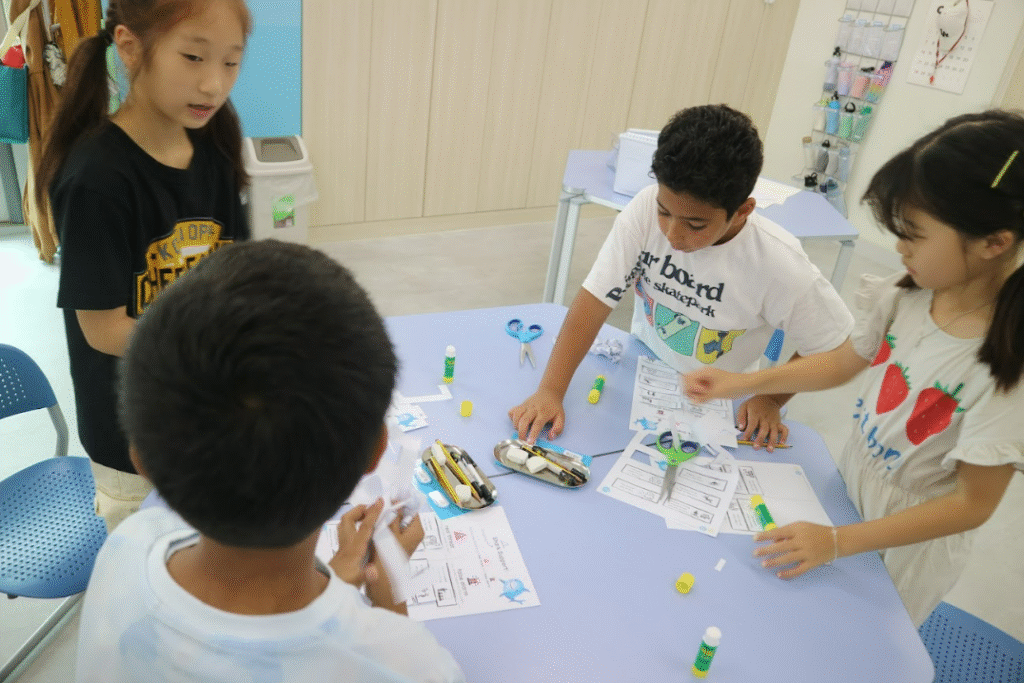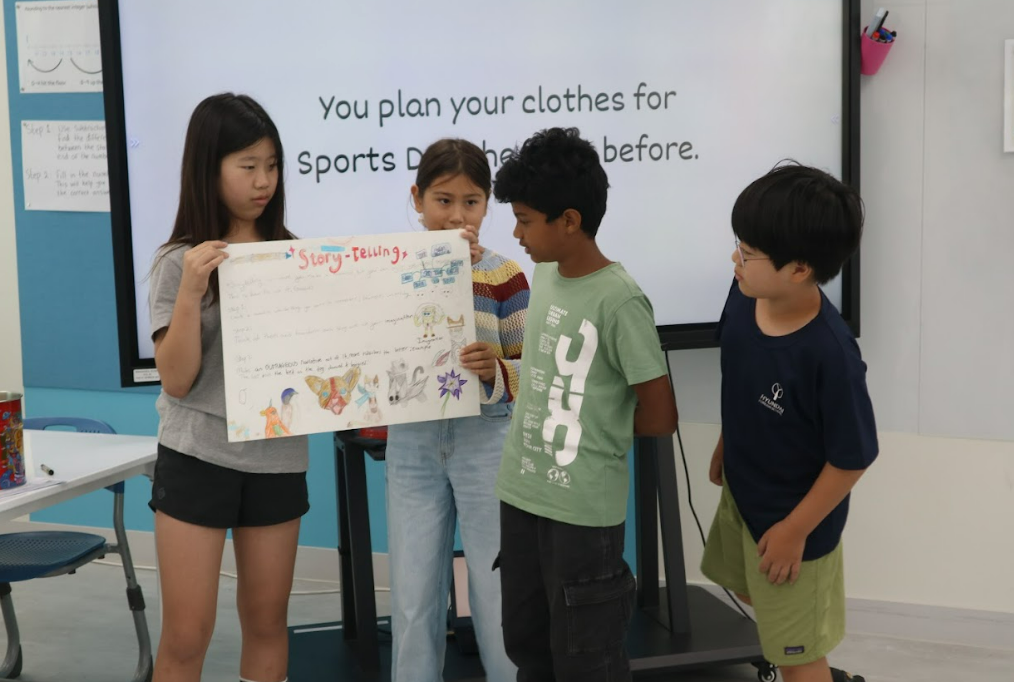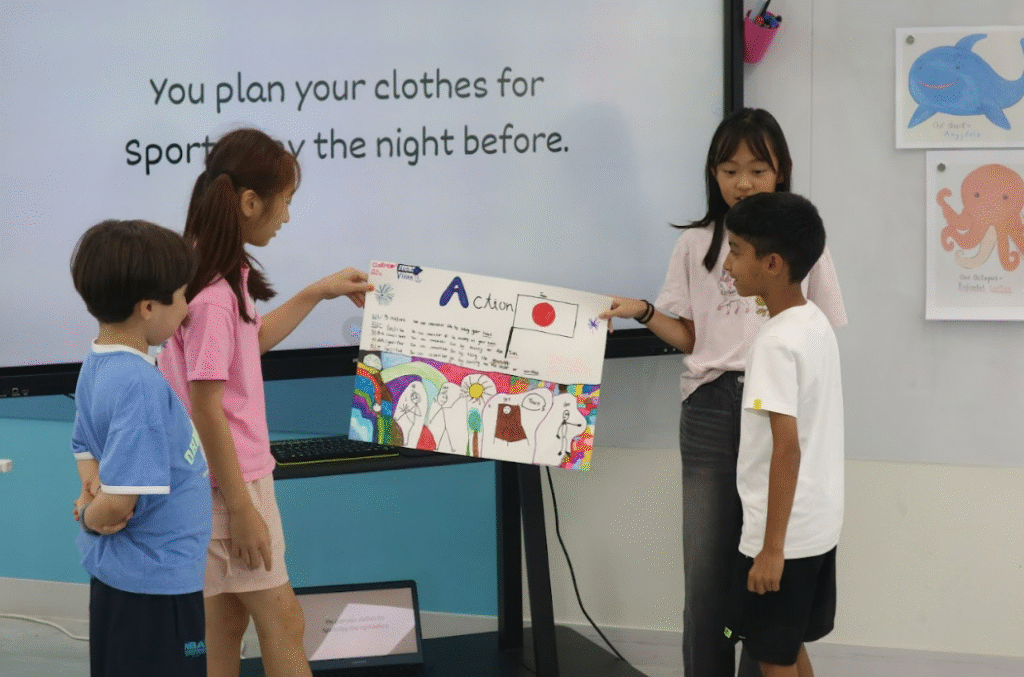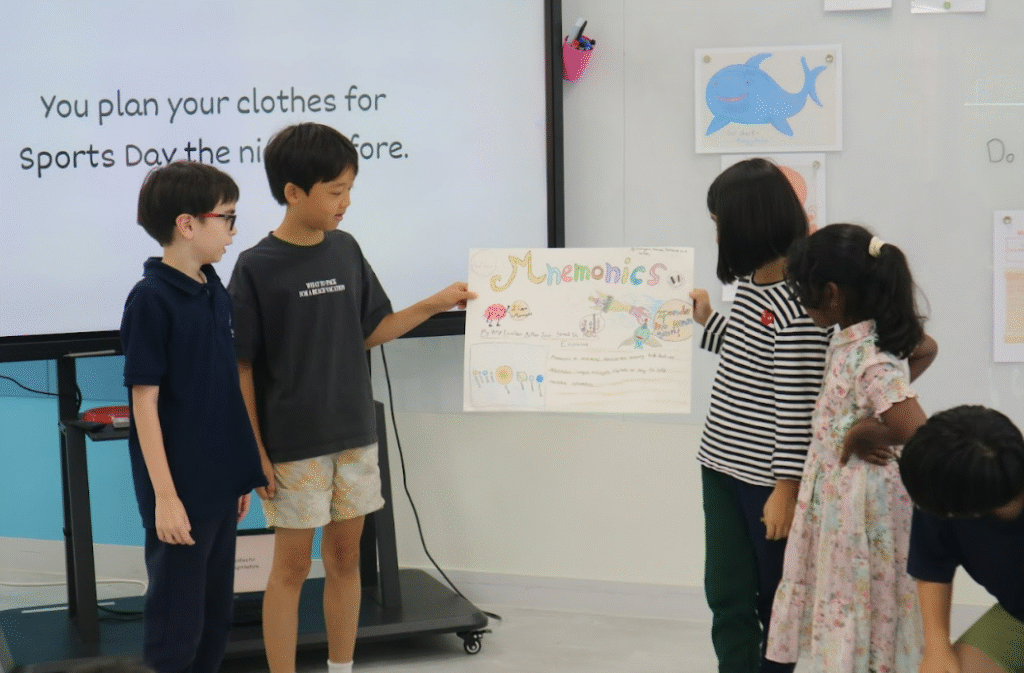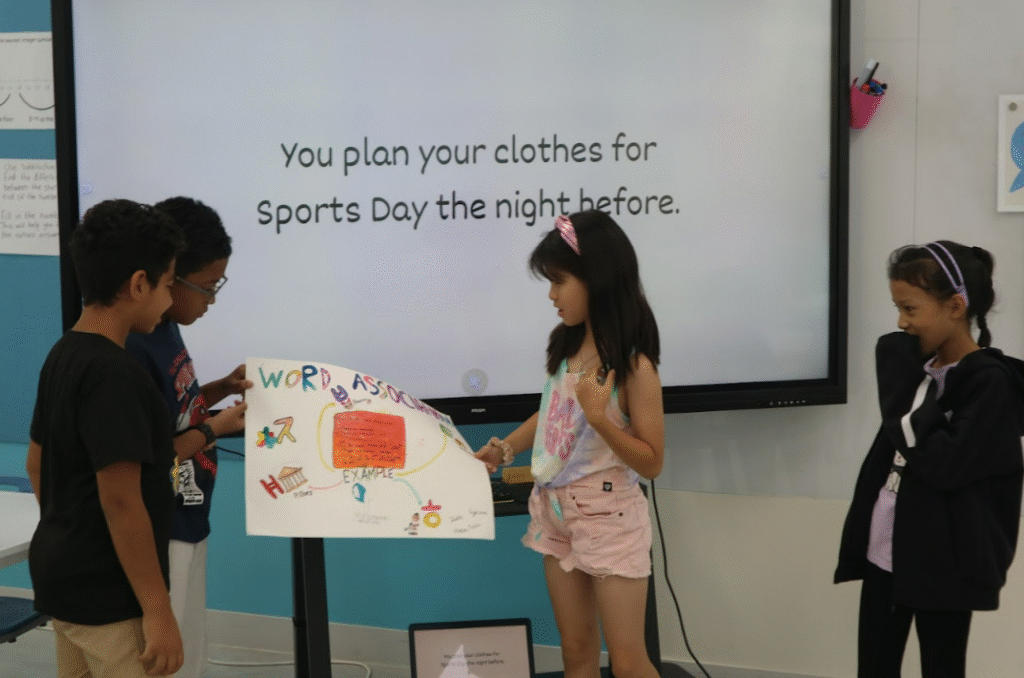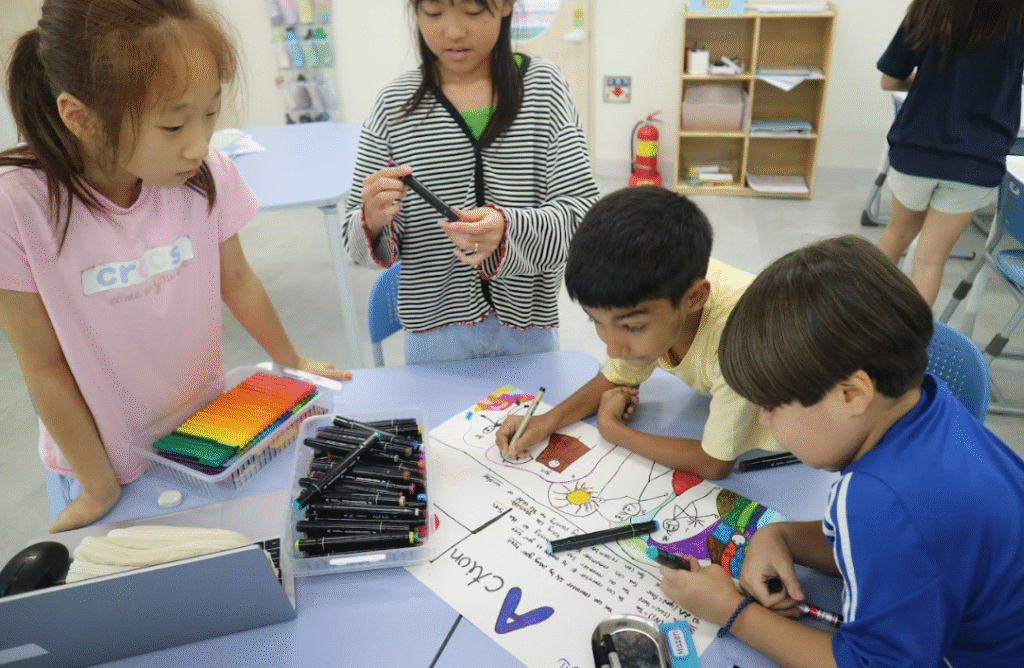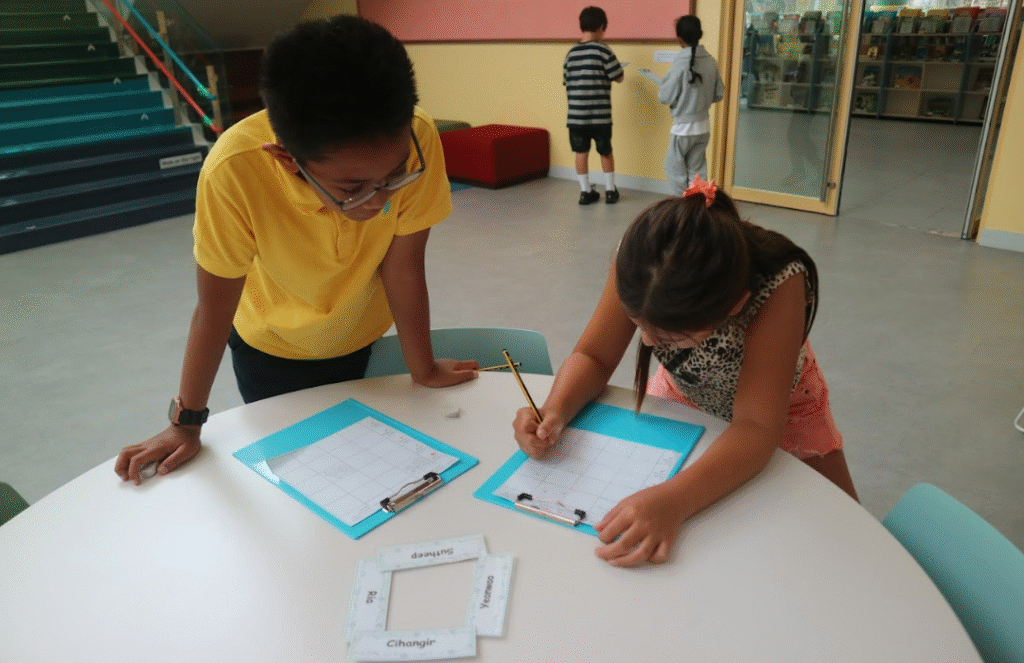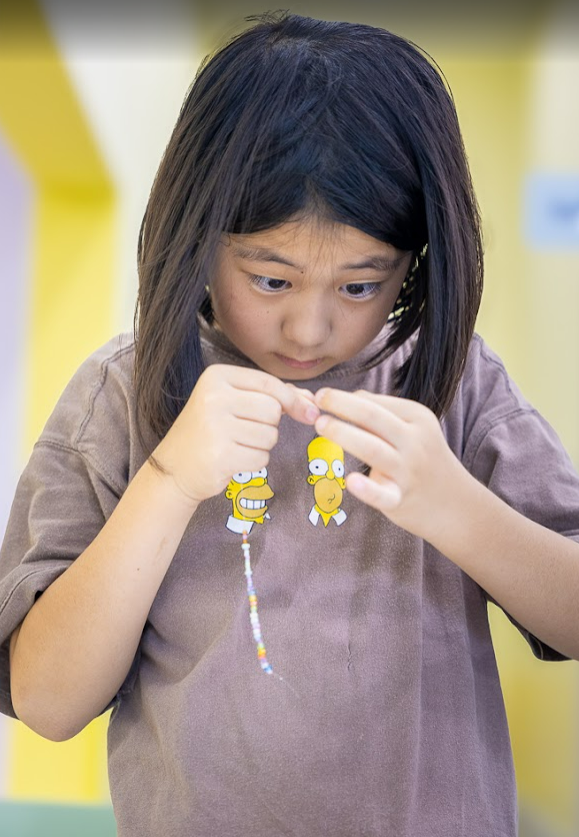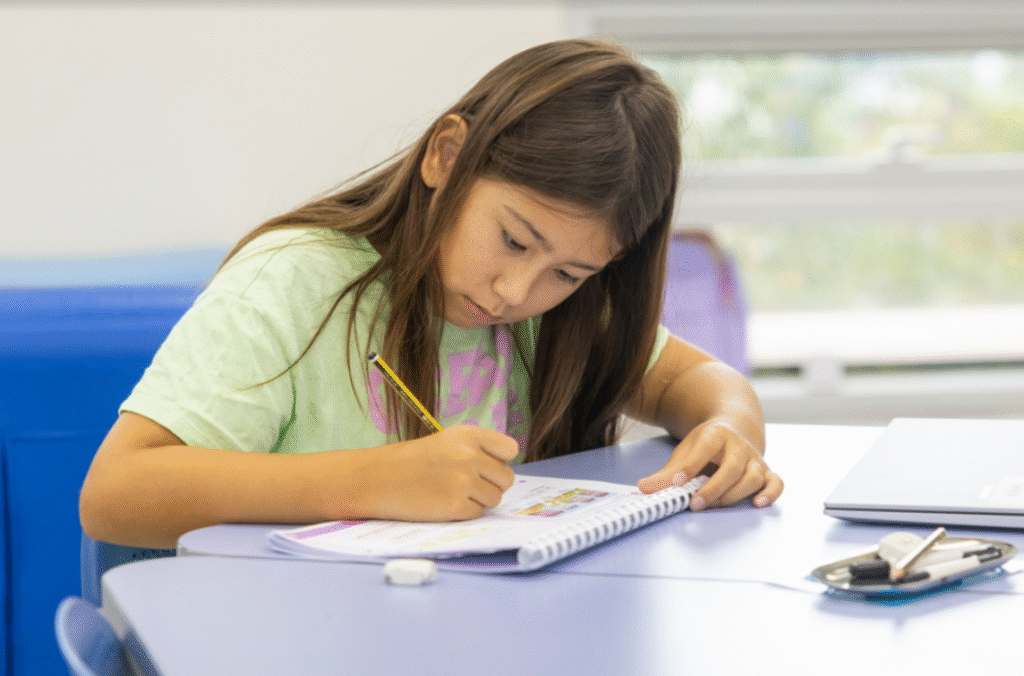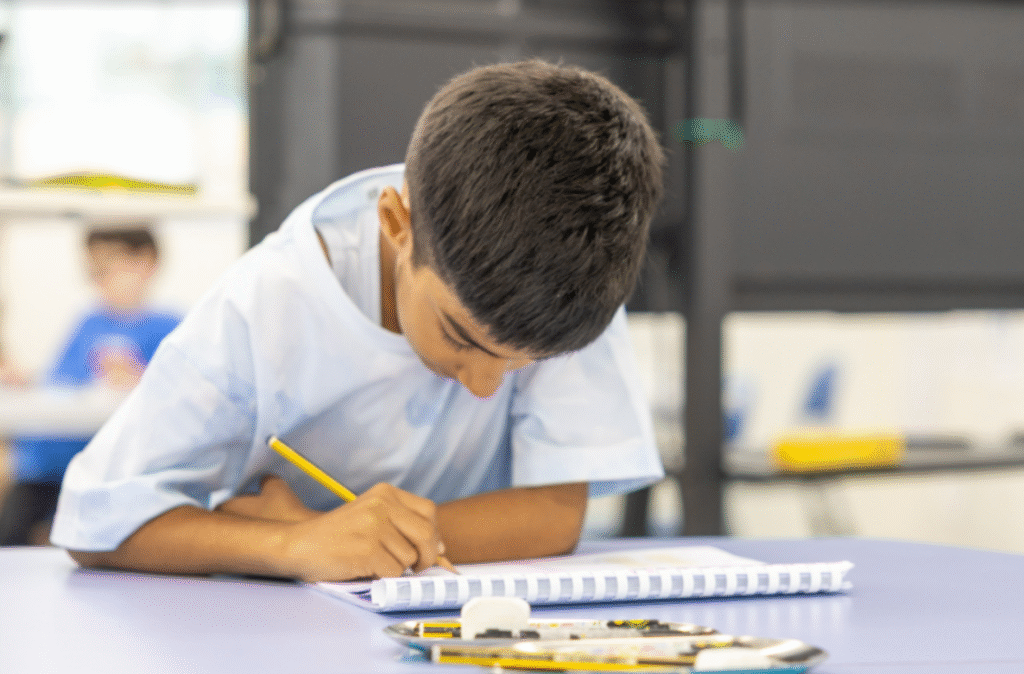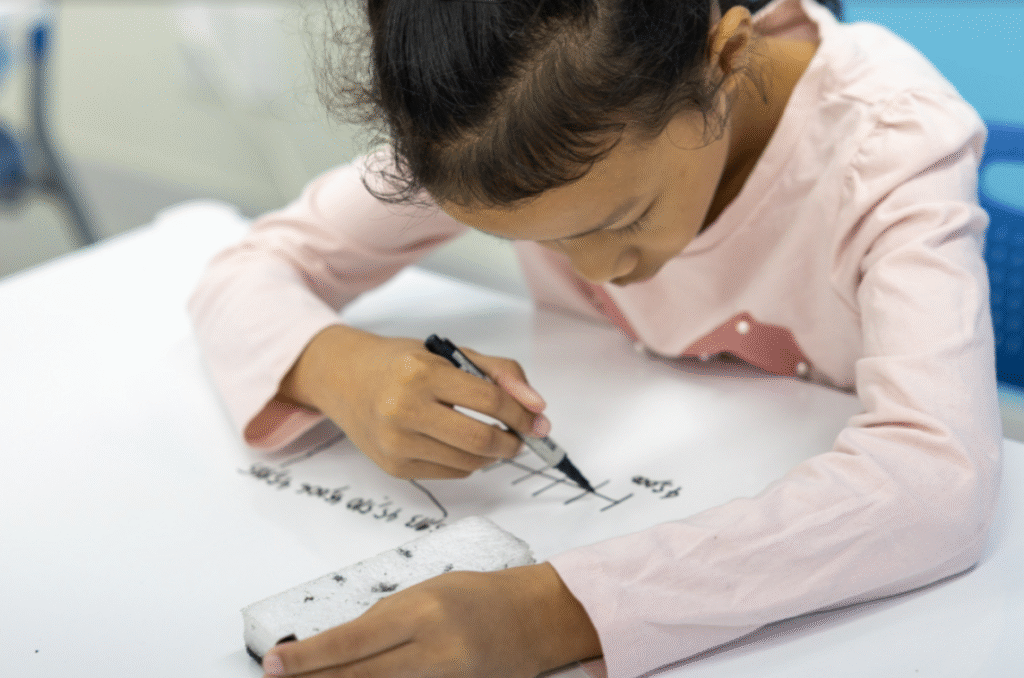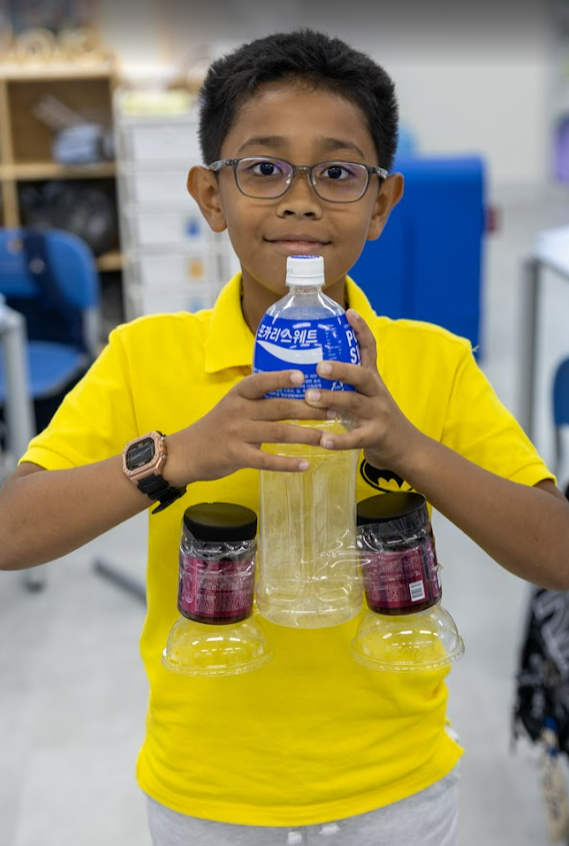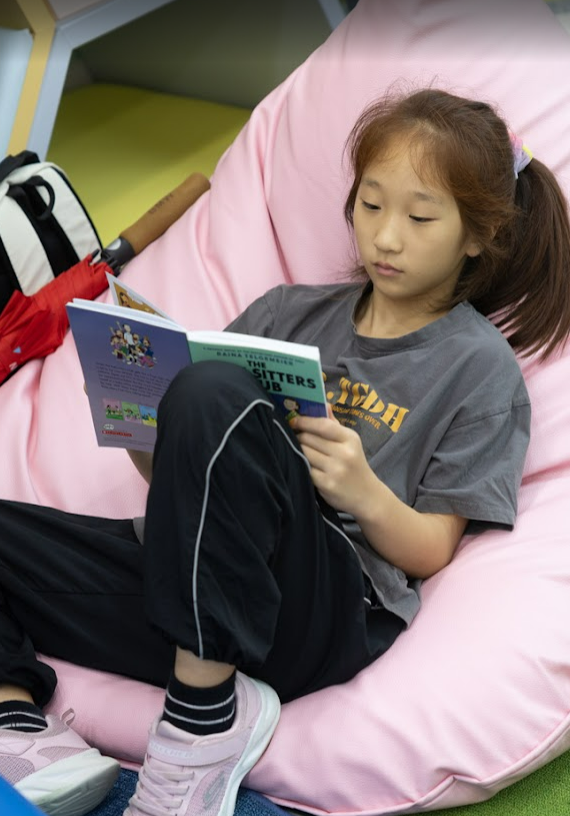Hello everyone!
It’s been another lovely week in Year 5/6. Here is what we have been up to!
Maths
Year 5
Fractions A
| Aut.4.6 – Compare fractions less than 1 |
| Aut.4.7 – Order fractions less than 1 |
| Aut.4.8 – Compare and order fractions greater than 1 |
| Aut.4.9 – Add and subtract fractions with the same denominator |
| Aut.4.10 – Add fractions within 1 |
Year 6
Fractions B and Converting Units
| Aut.4.6 – Fraction of an amount |
| Aut.4.7 – Fraction of an amount – find the whole |
| End of Unit Assessment |
| Aut.5.1 – Metric measures |
| Aut.5.2 – Convert metric measures |
Literacy

This week in Literacy, the students focused on applying their recent grammar learning to a purposeful writing task. Building on their work with modal verbs, the children were asked to write a persuasive letter from the perspective of a farmer addressing their local government.
In the scenario, the farmer had shot a tiger and was at risk of losing their land. The students had to use a range of modal verbs and persuasive techniques to convince the government that they deserved to keep their farm.
The class worked carefully to structure their letters using clear paragraphs, formal language, and strong reasoning. They thought about the farmer’s situation, the consequences of their actions, and the arguments they could present to influence the government’s decision. This task gave the students a valuable opportunity to blend creativity, empathy, and grammatical accuracy, resulting in some powerful and convincing pieces of writing.
IPC

In IPC this week, we continued our exploration of Ancient Greece and began looking more closely at how this civilisation was organised and how its ideas still influence the world today.
We first examined Ancient Greek city-states, focusing on why they developed the way they did. The students then had the chance to design their own city-state, making decisions about location, natural resources, defence, culture, and daily life. They justified each choice, showing a strong understanding of what made city-states successful in the ancient world.
Later in the week, we moved on to major Greek inventions and ideas, including democracy, medicine, mathematics, theatre, architecture, and philosophy. Each student selected an invention to research and created an informative poster explaining what it was, why it mattered, and how it shaped life in Ancient Greece.
To finish the week, we began comparing these inventions, discussing which were most useful and why. The students shared opinions, connected ideas, and started thinking critically about long-term influence.
Next week, this learning will build into a class debate where groups will argue for the invention they believe has had the greatest impact on our society today.
Useful Information
On Friday, November 21st, we will be holding our TGMC Kindness Carnival! This exciting event will raise money for our partner TGMC school in Bristol, UK.
Your child has already received all the necessary information about the event. We kindly ask for donations of any items that could be suitable to sell at the carnival.
Please continue to bring money for:
- Guess the bear’s birthday
- Tickets to Pie the Principal
- Guess the candies in the jar
All winners will be announced during the Kindness Carnival on November 21st.
Thank you for your kindness and support in helping us make this event a huge success!
Have a lovely weekend ☺️
